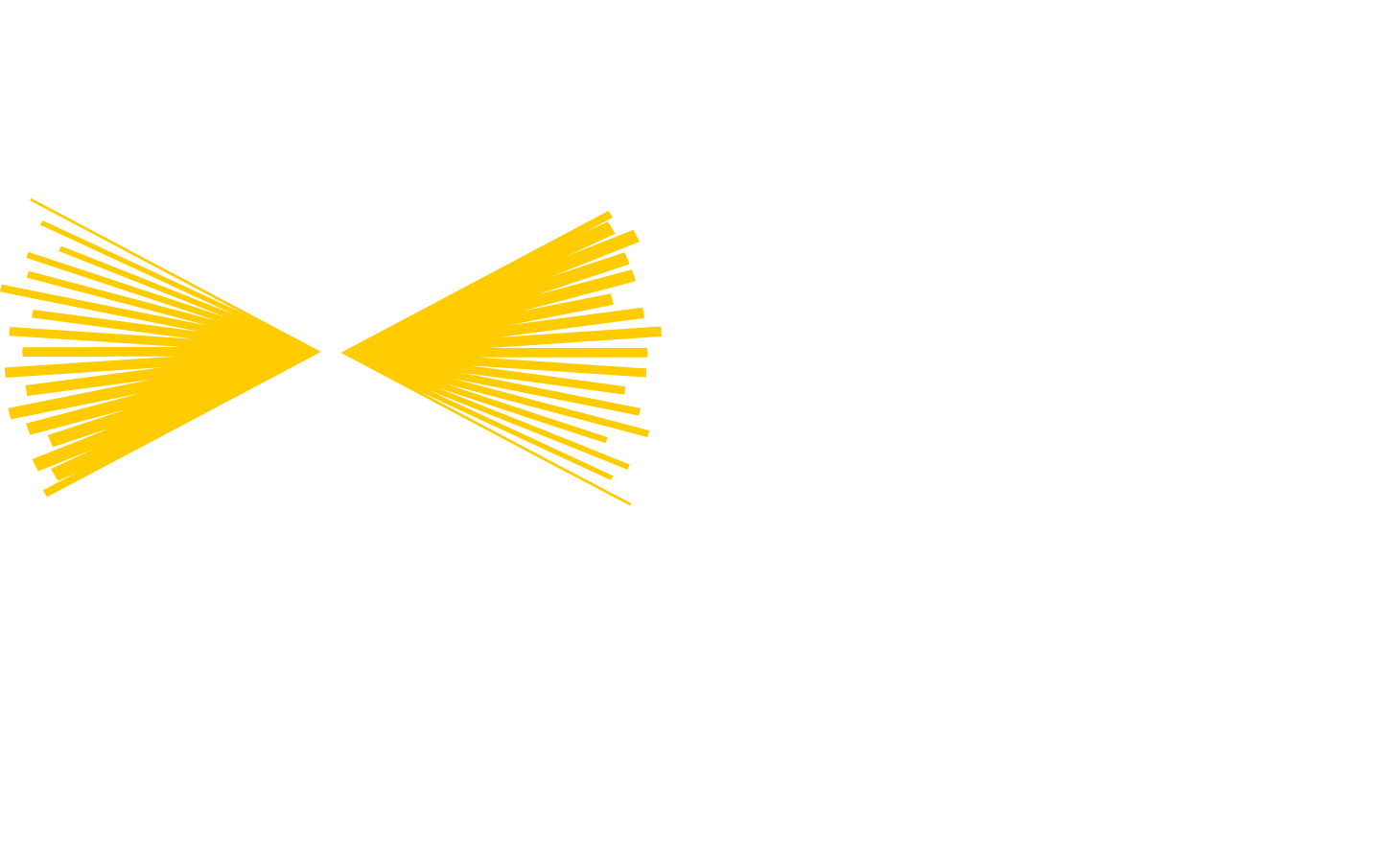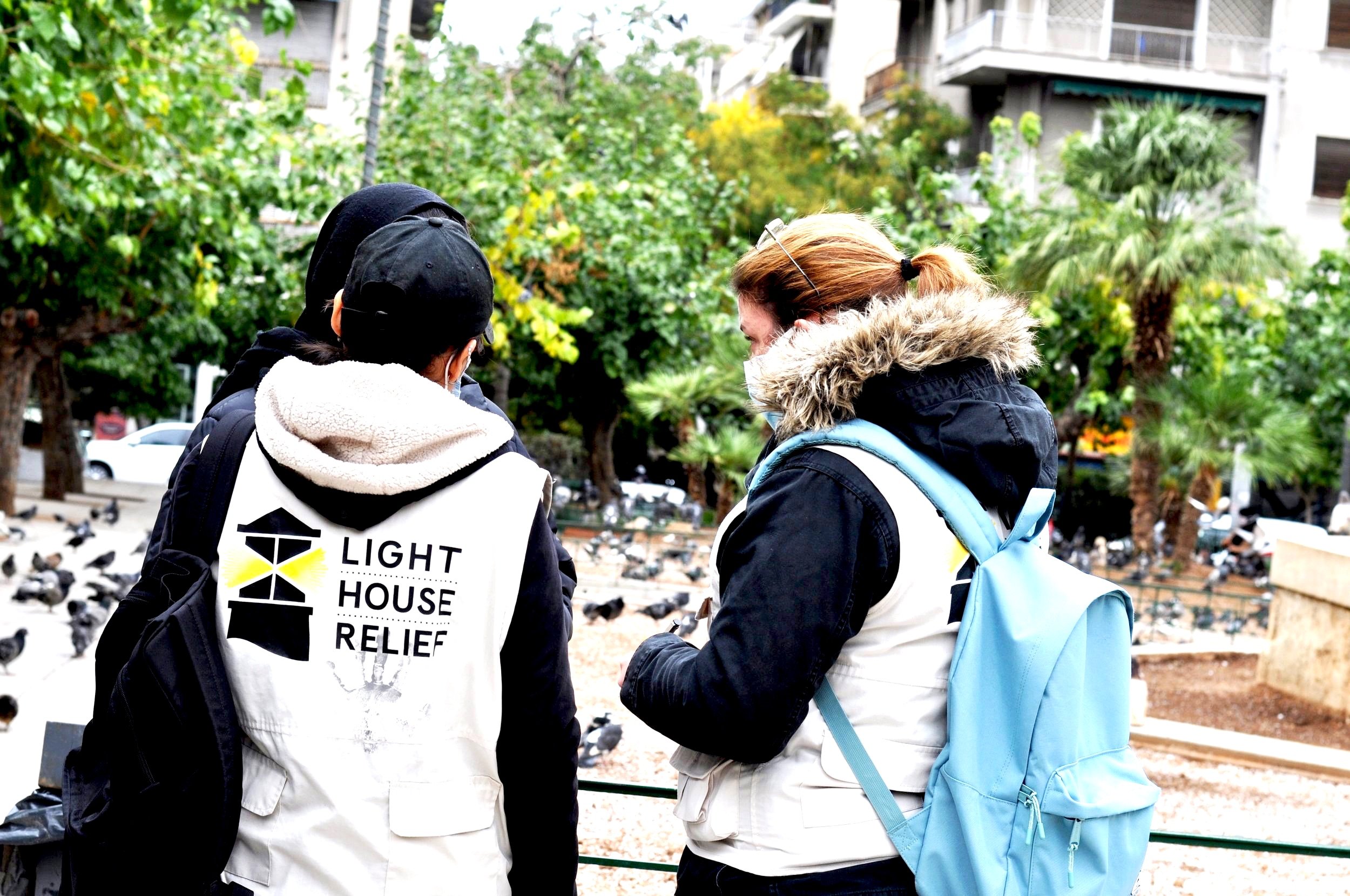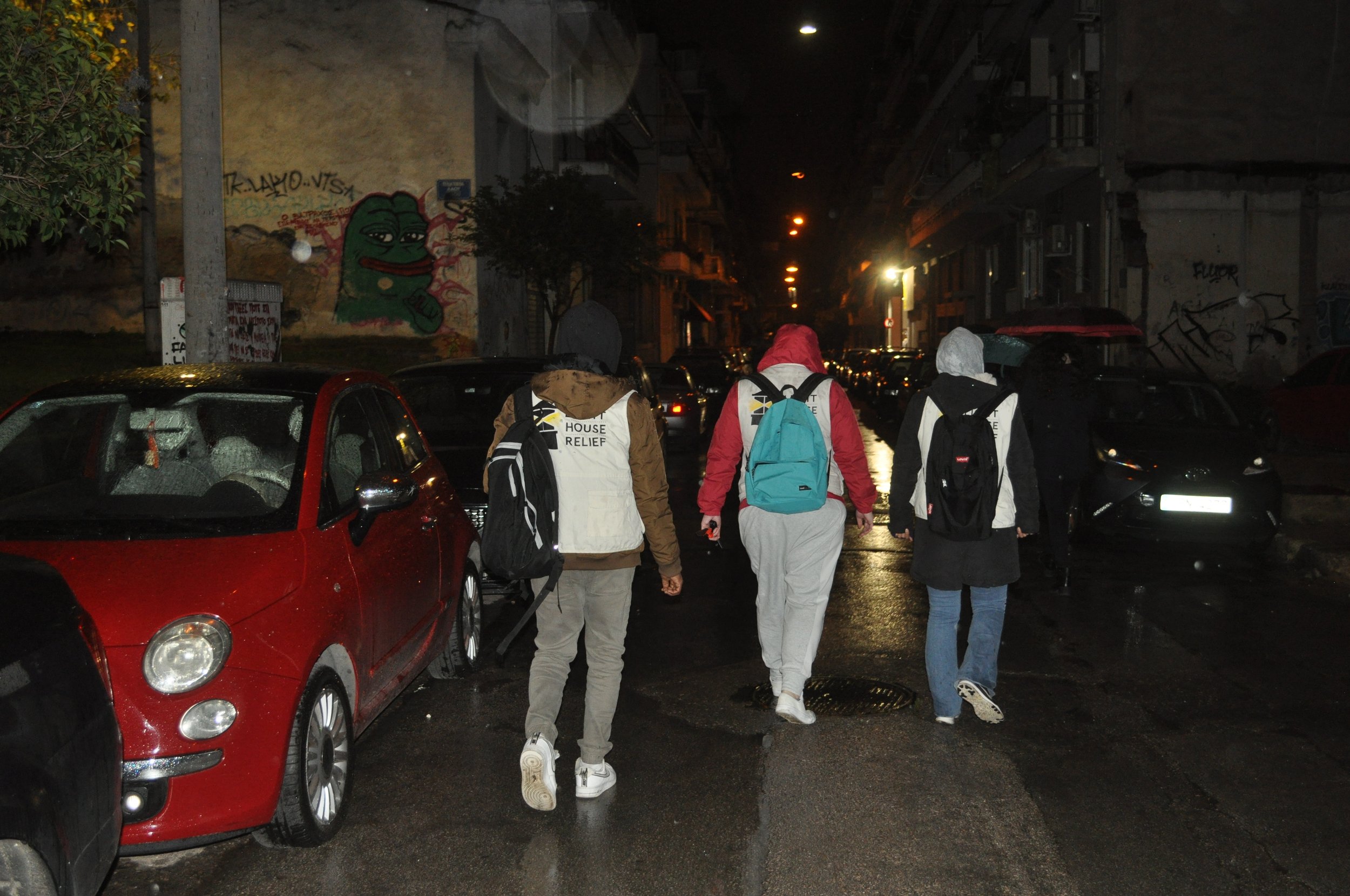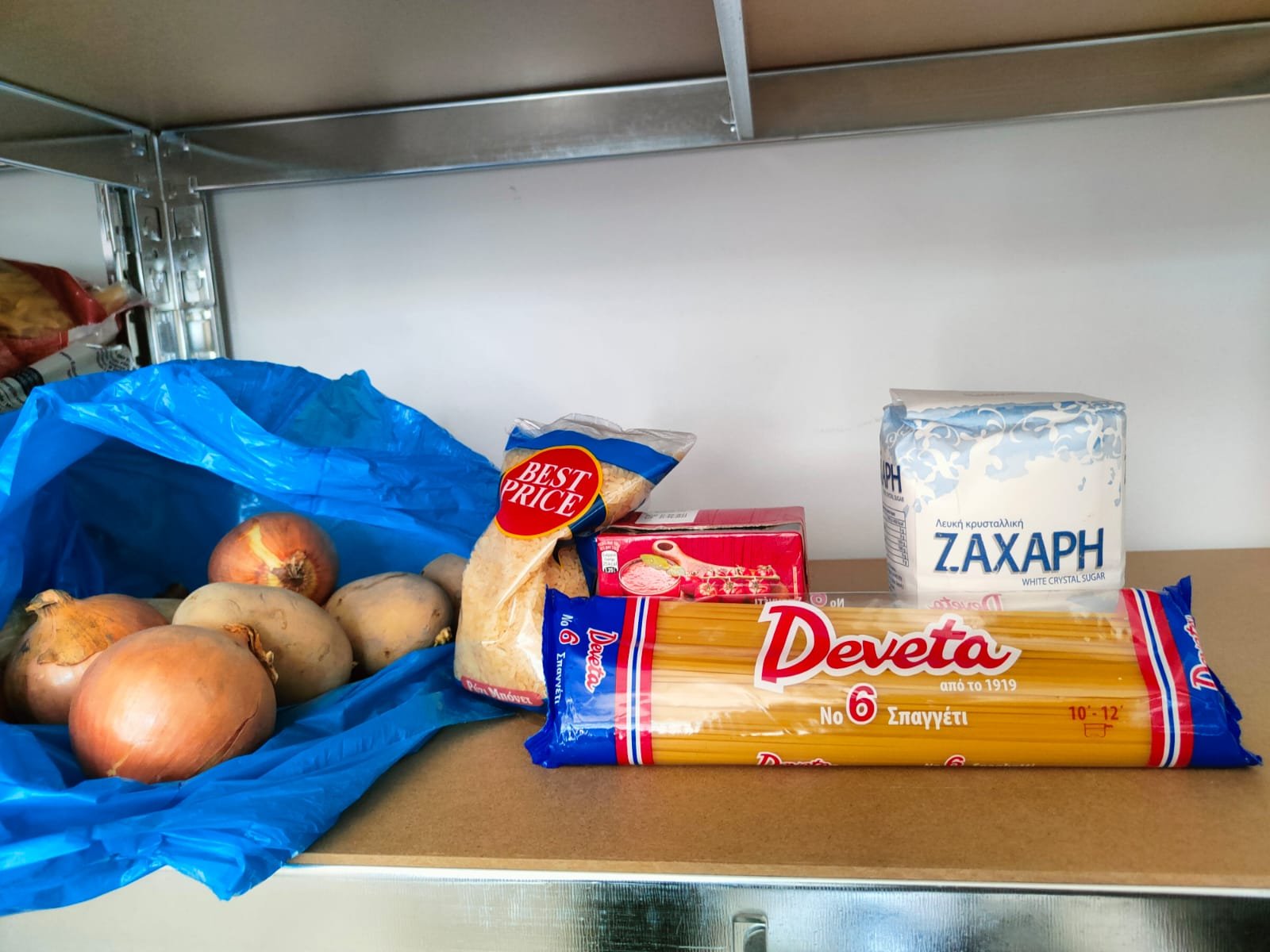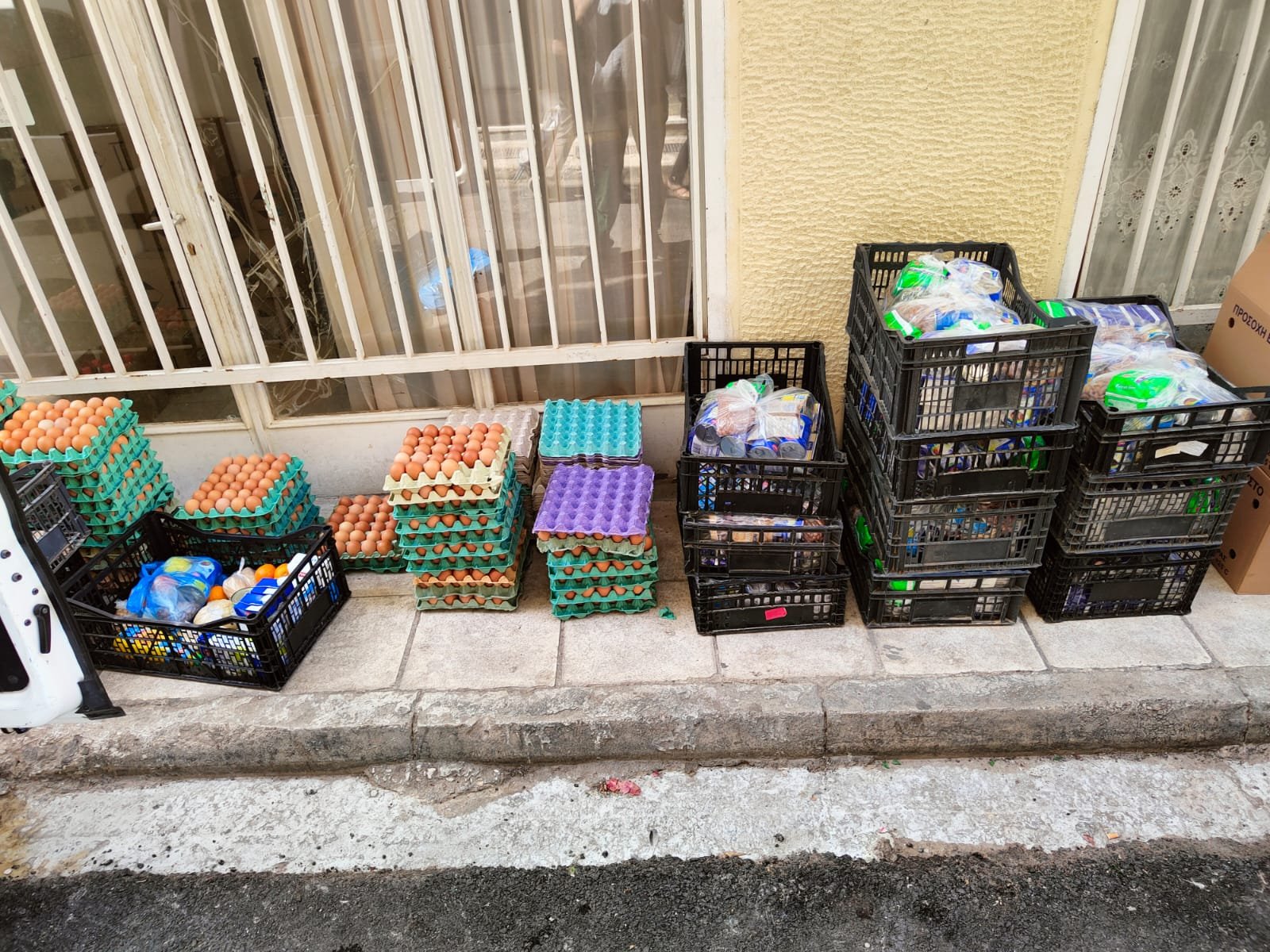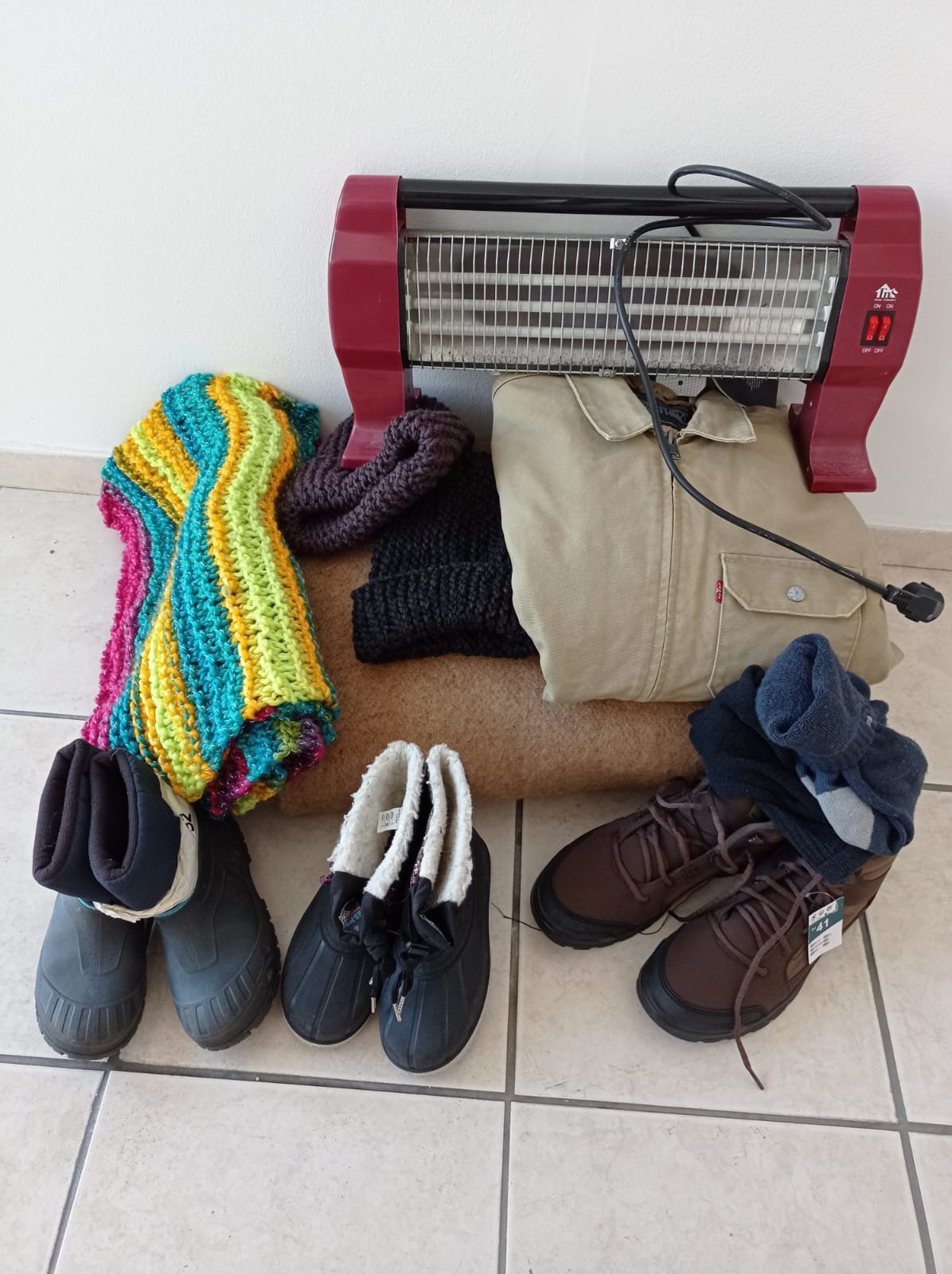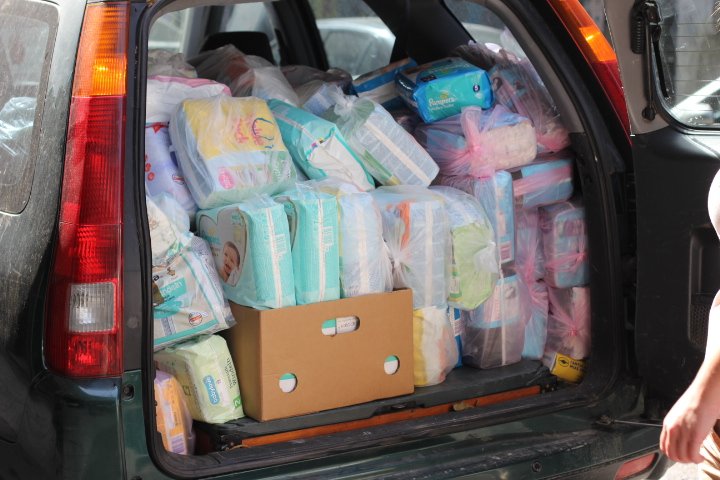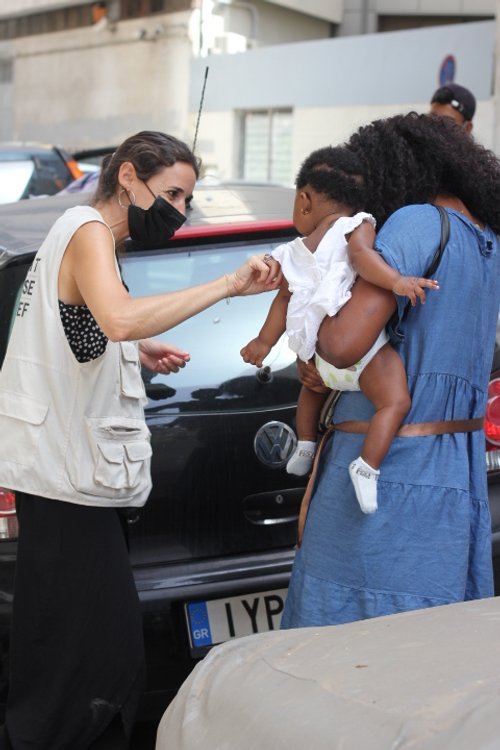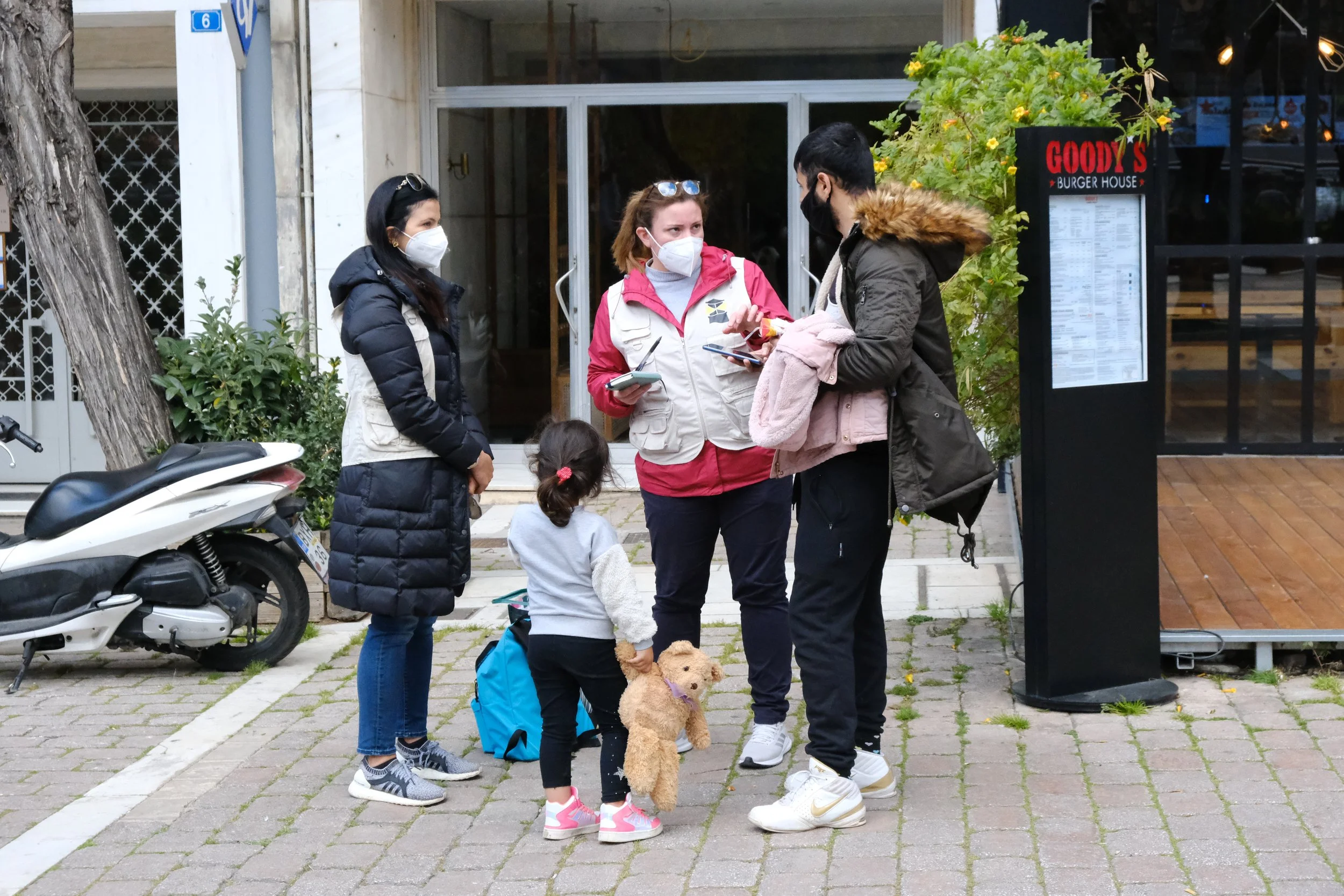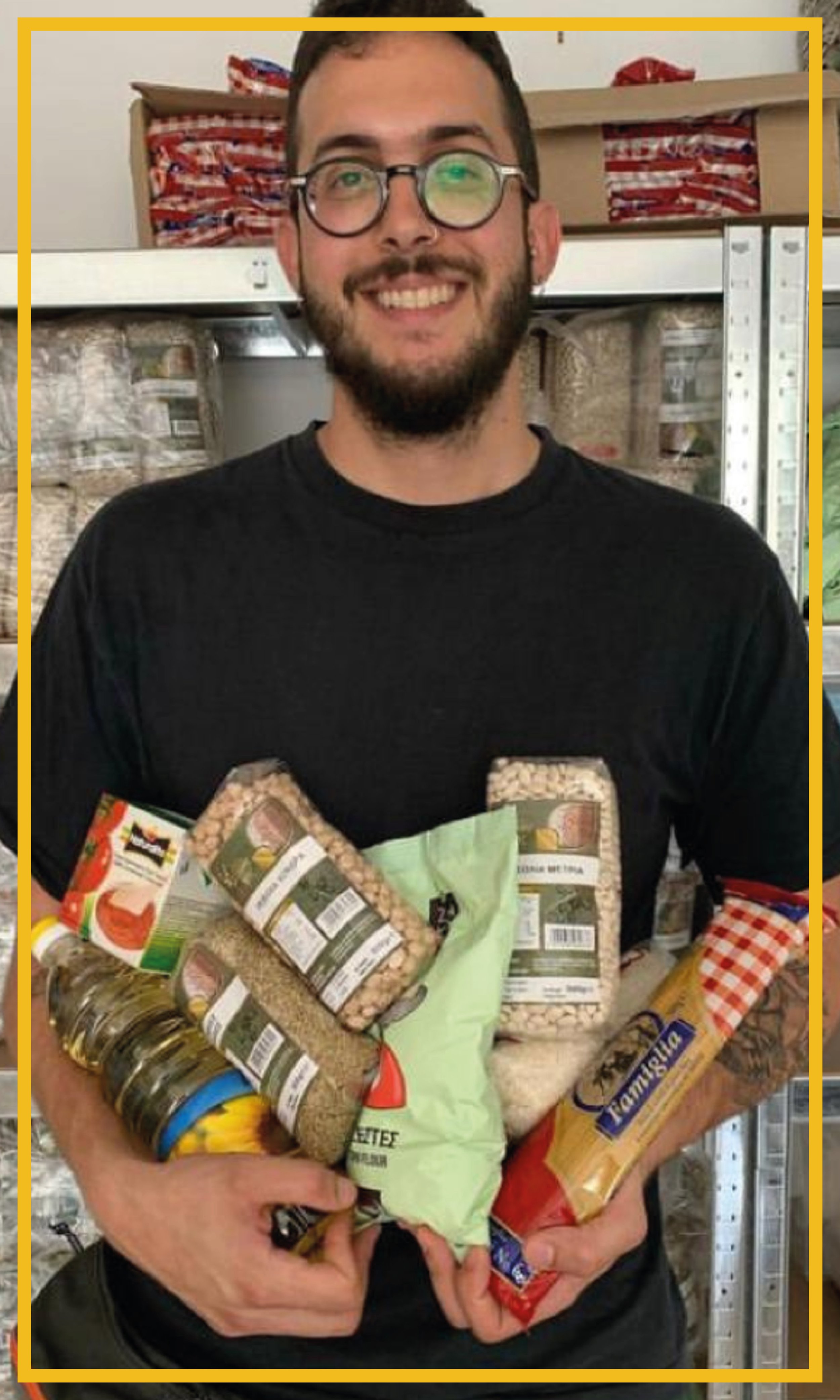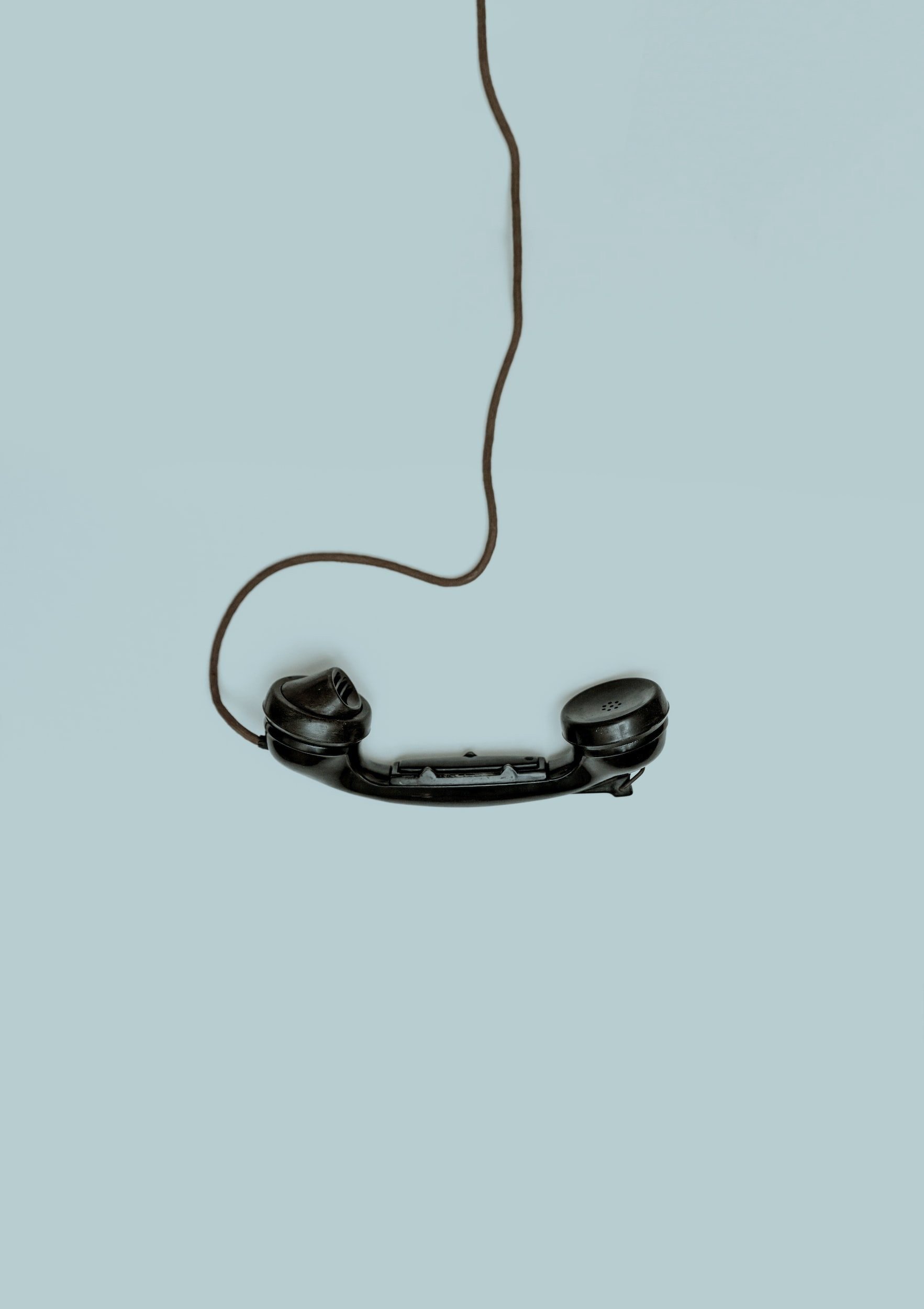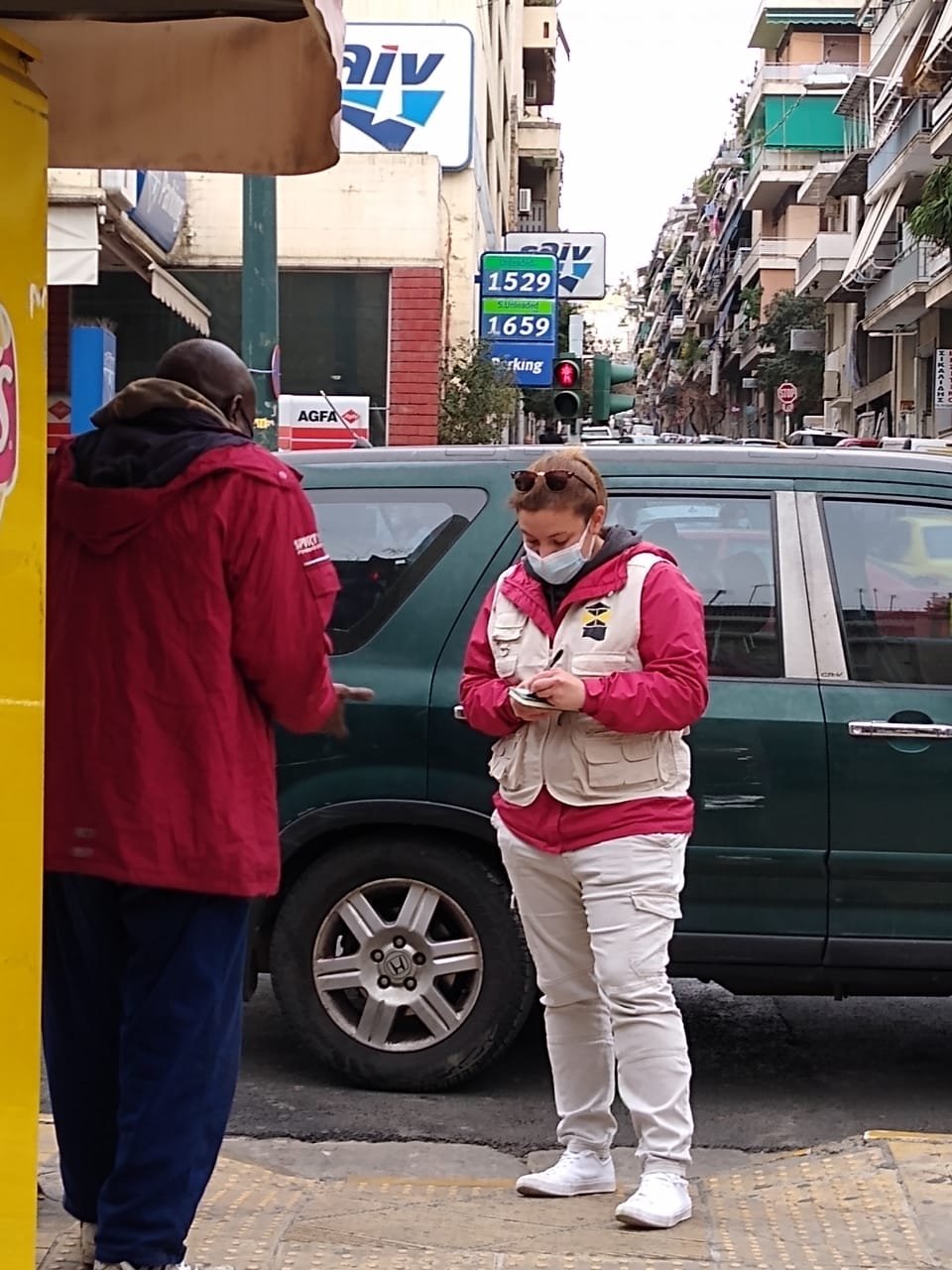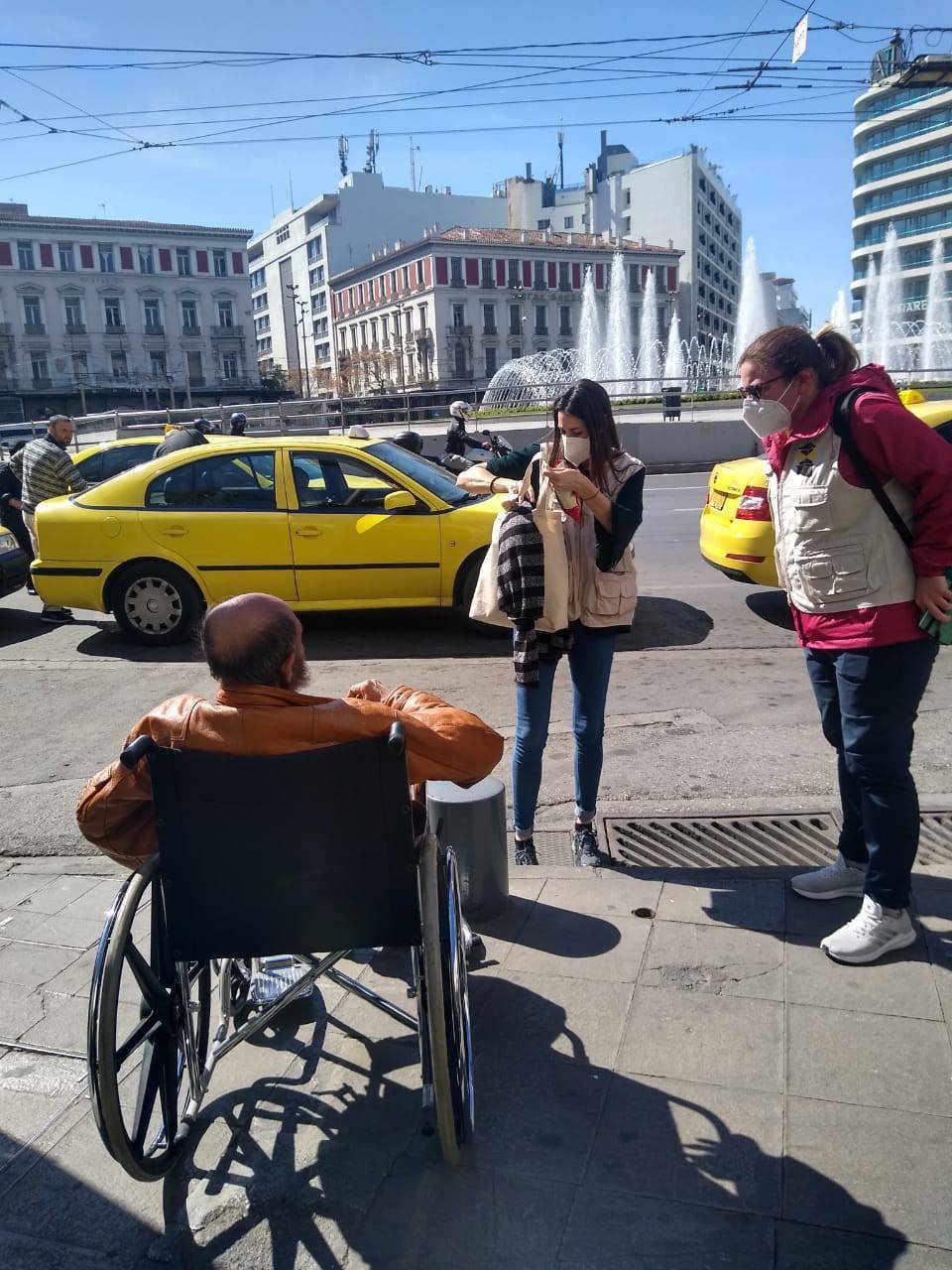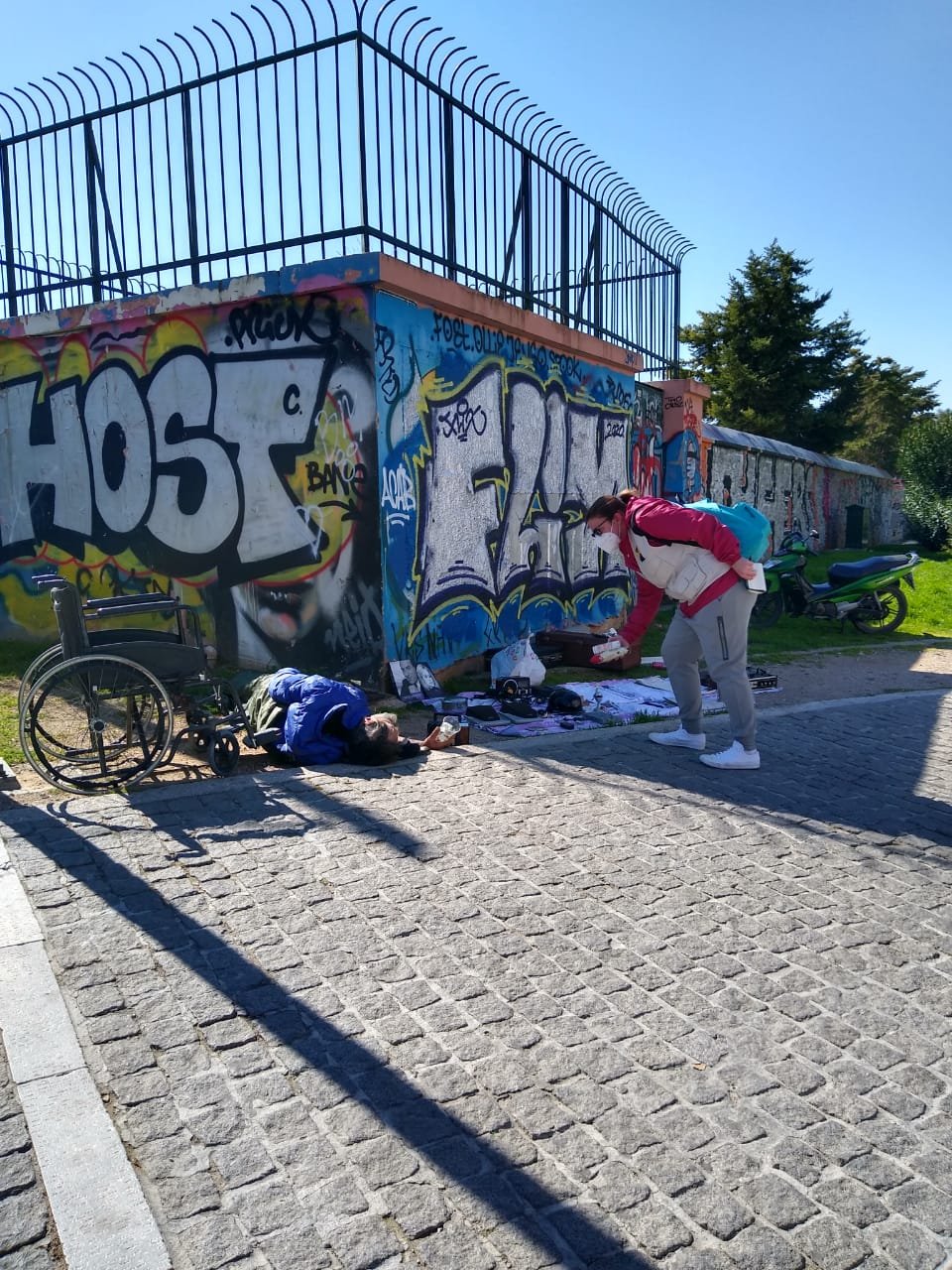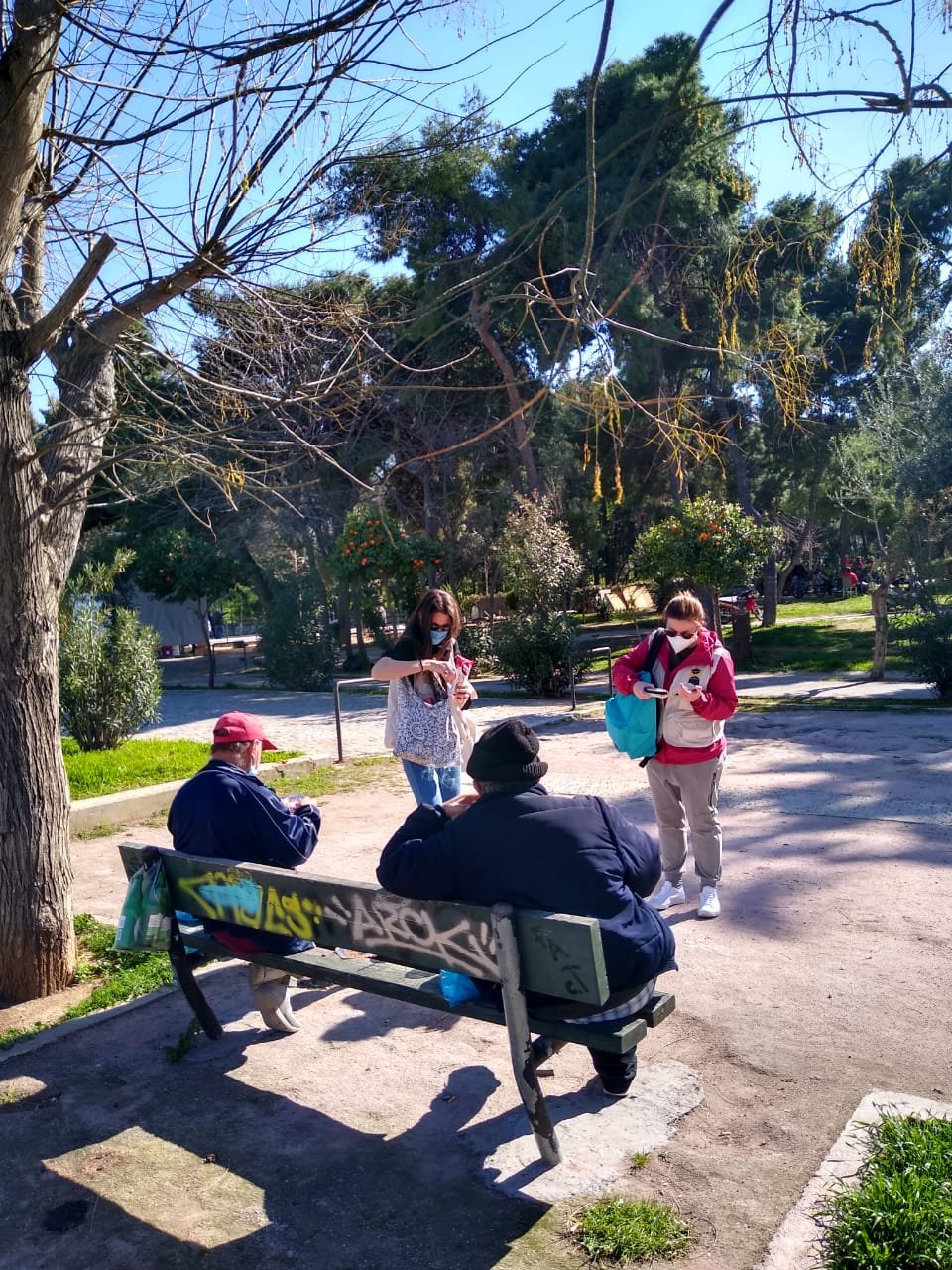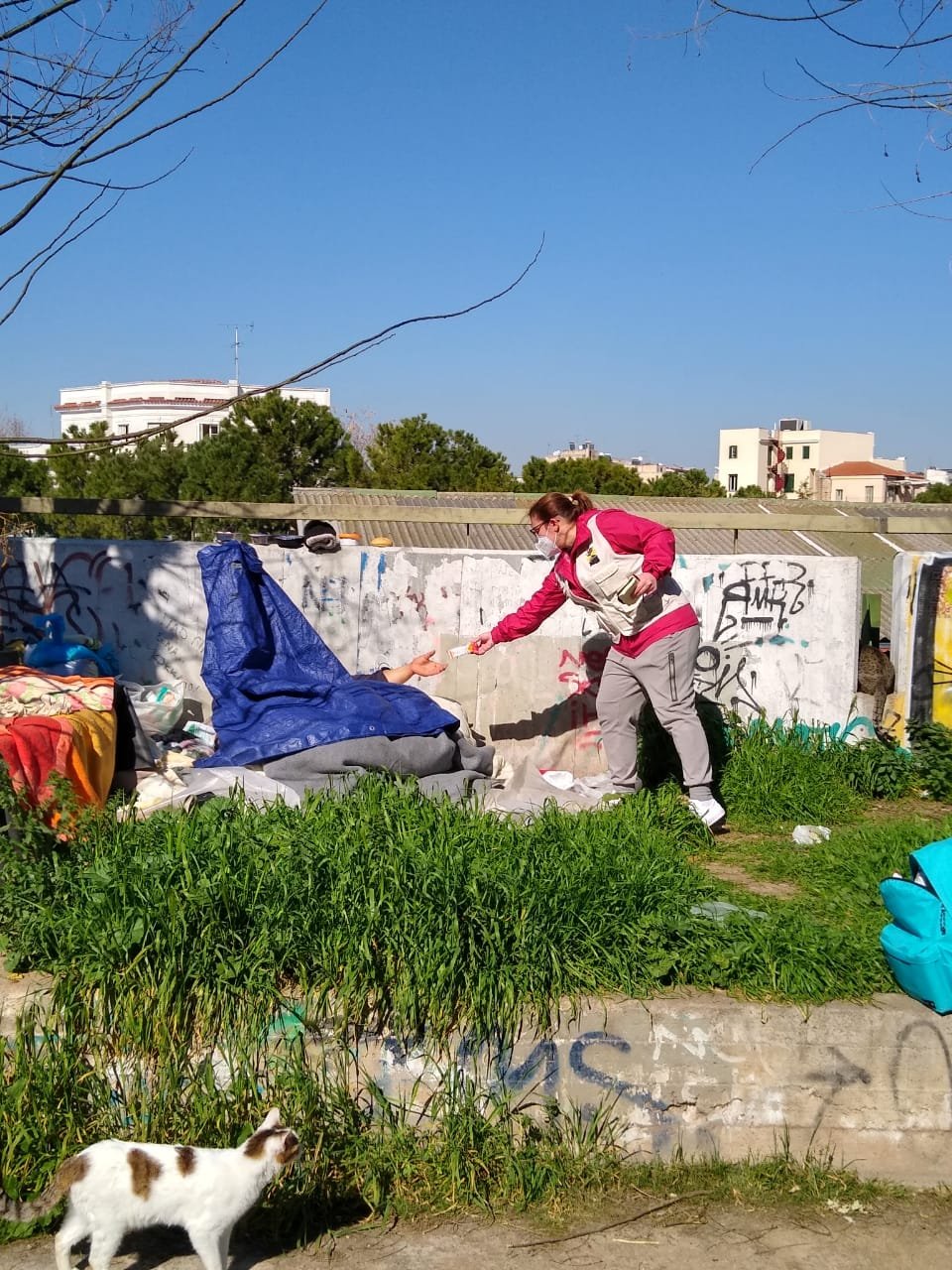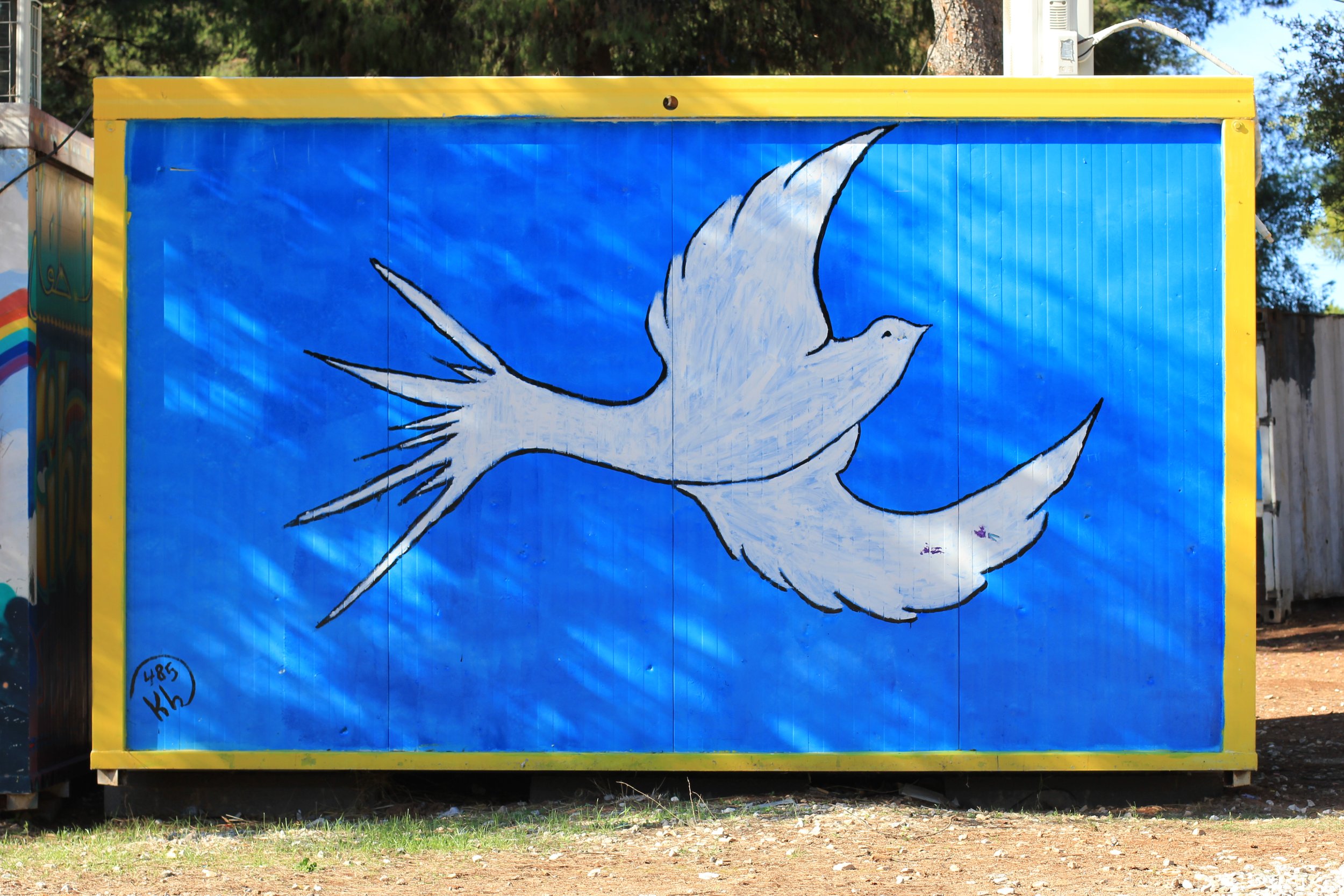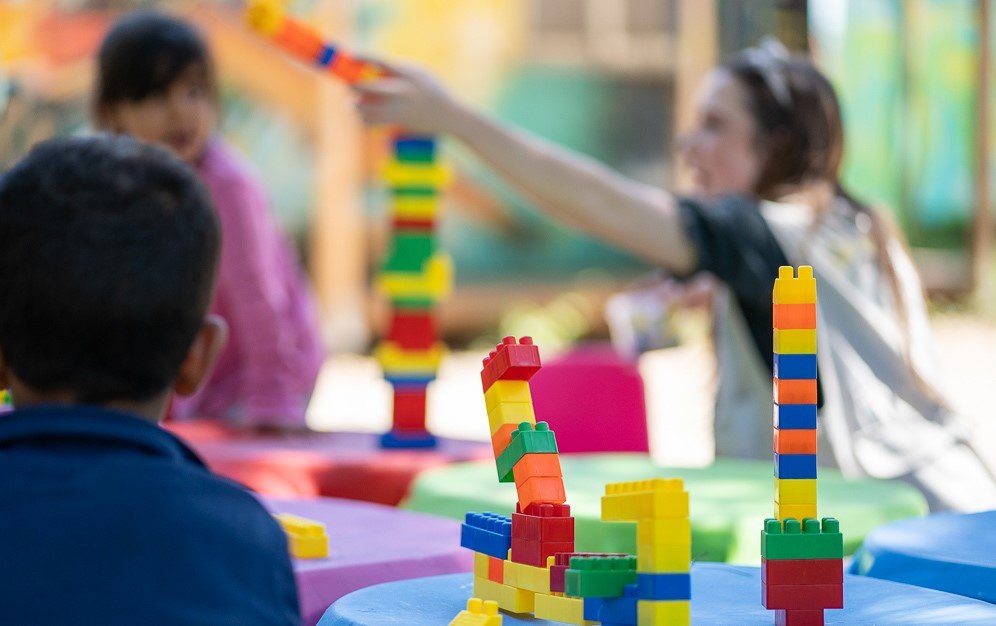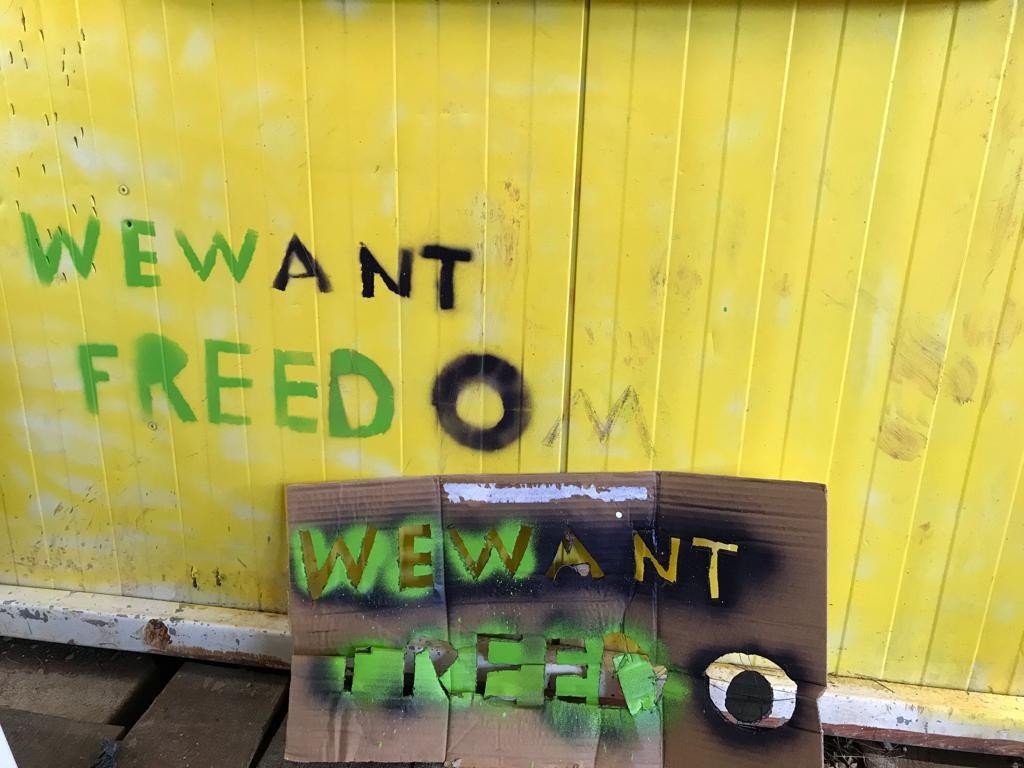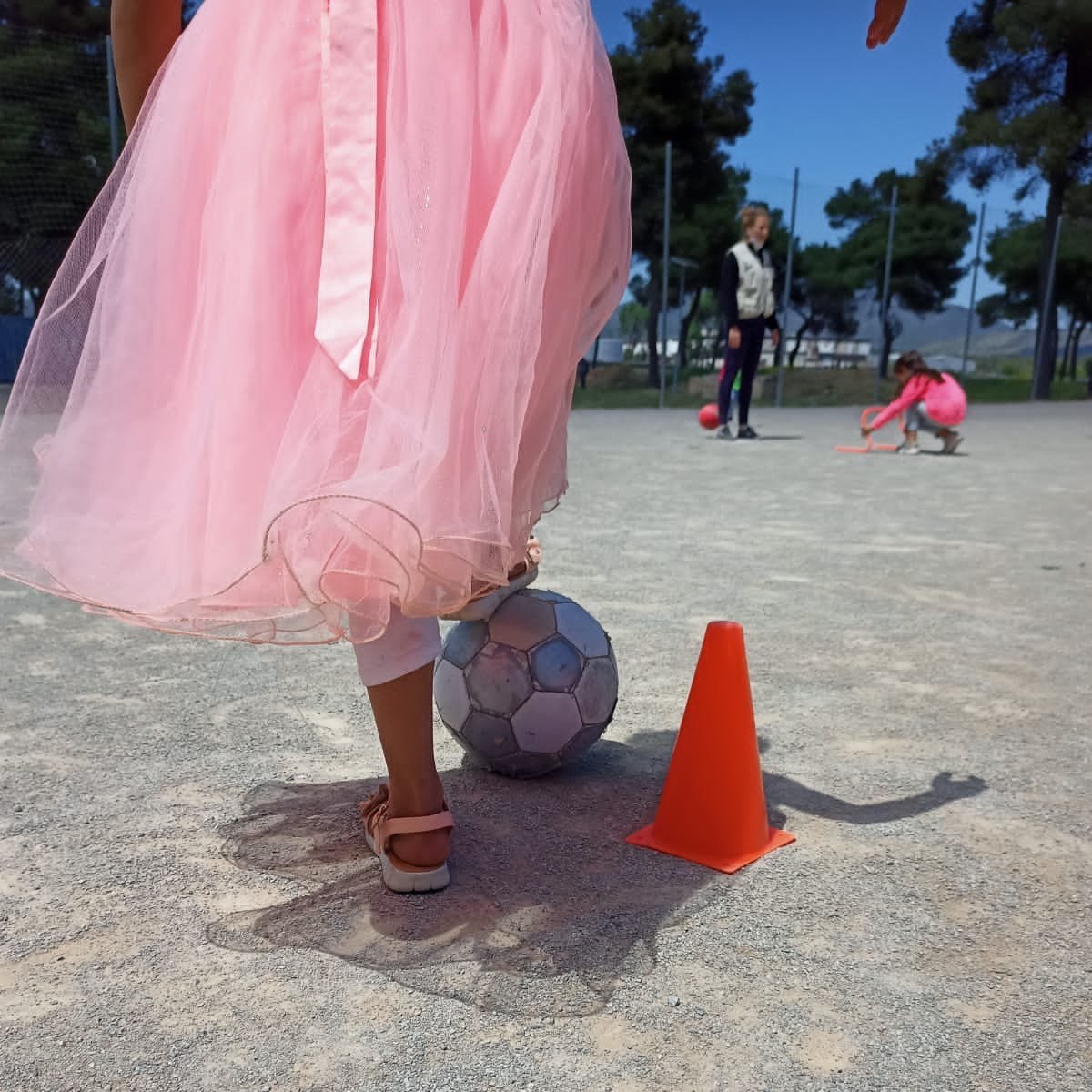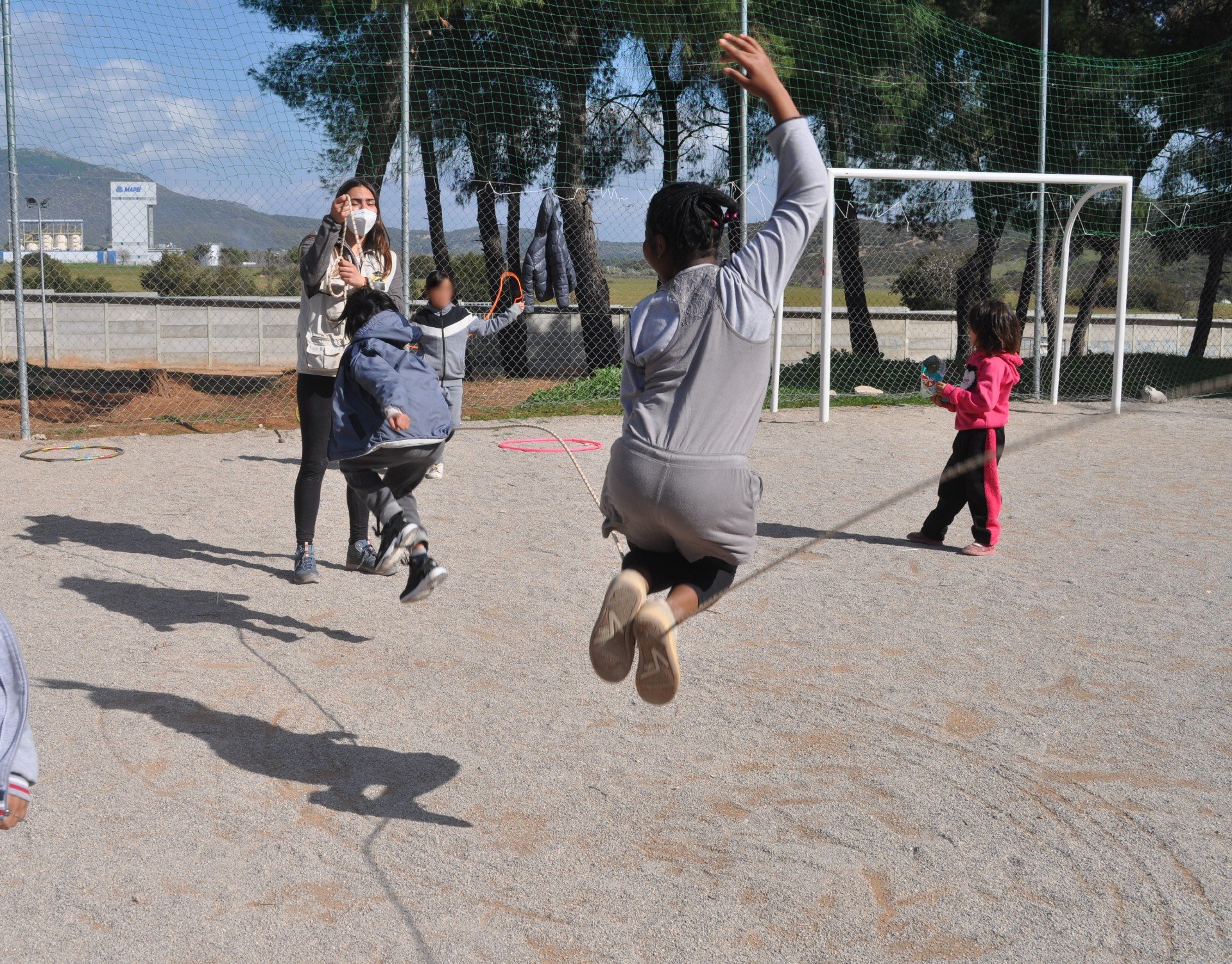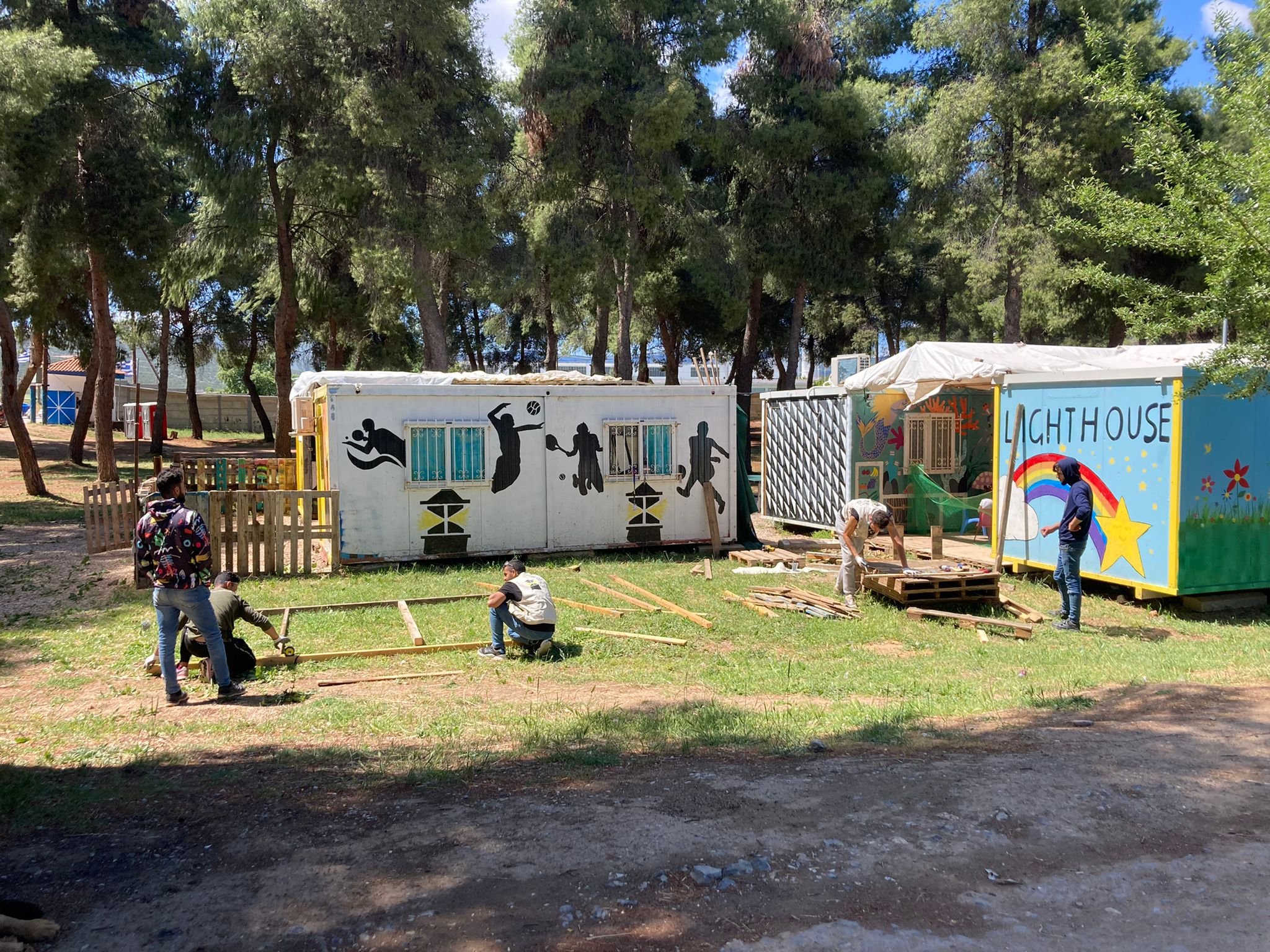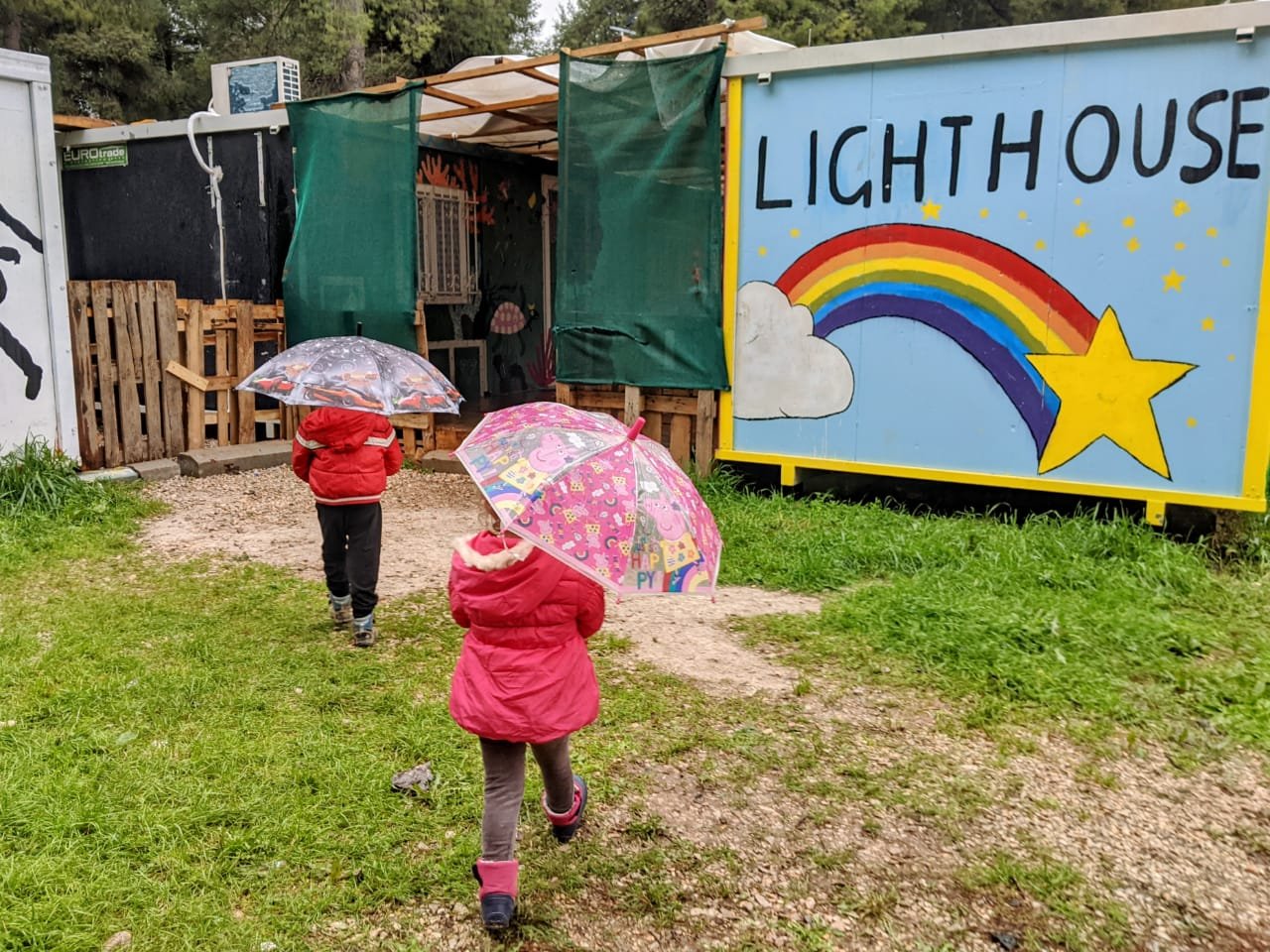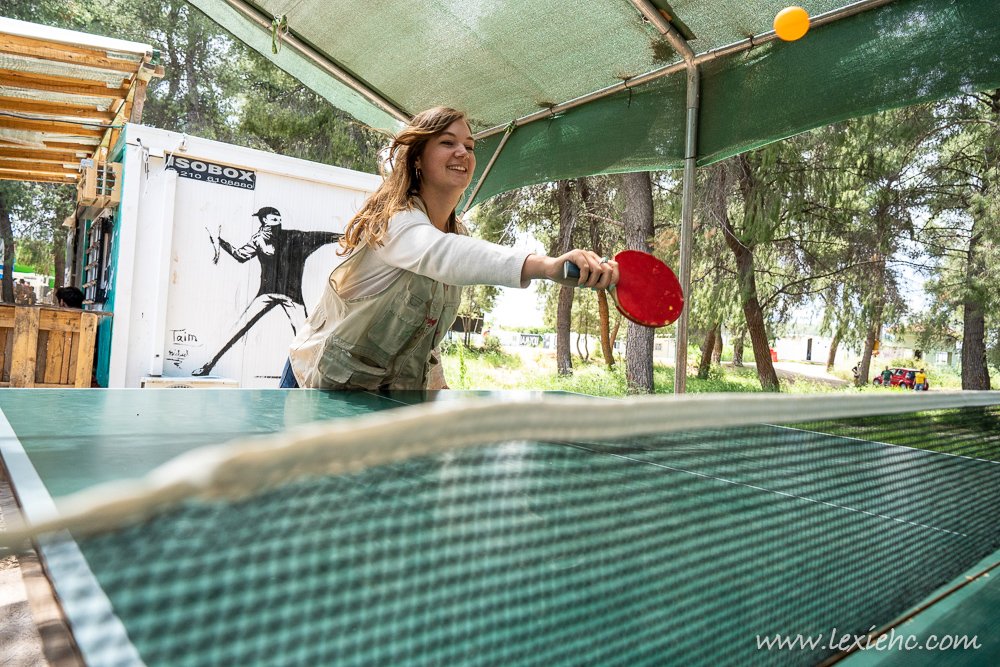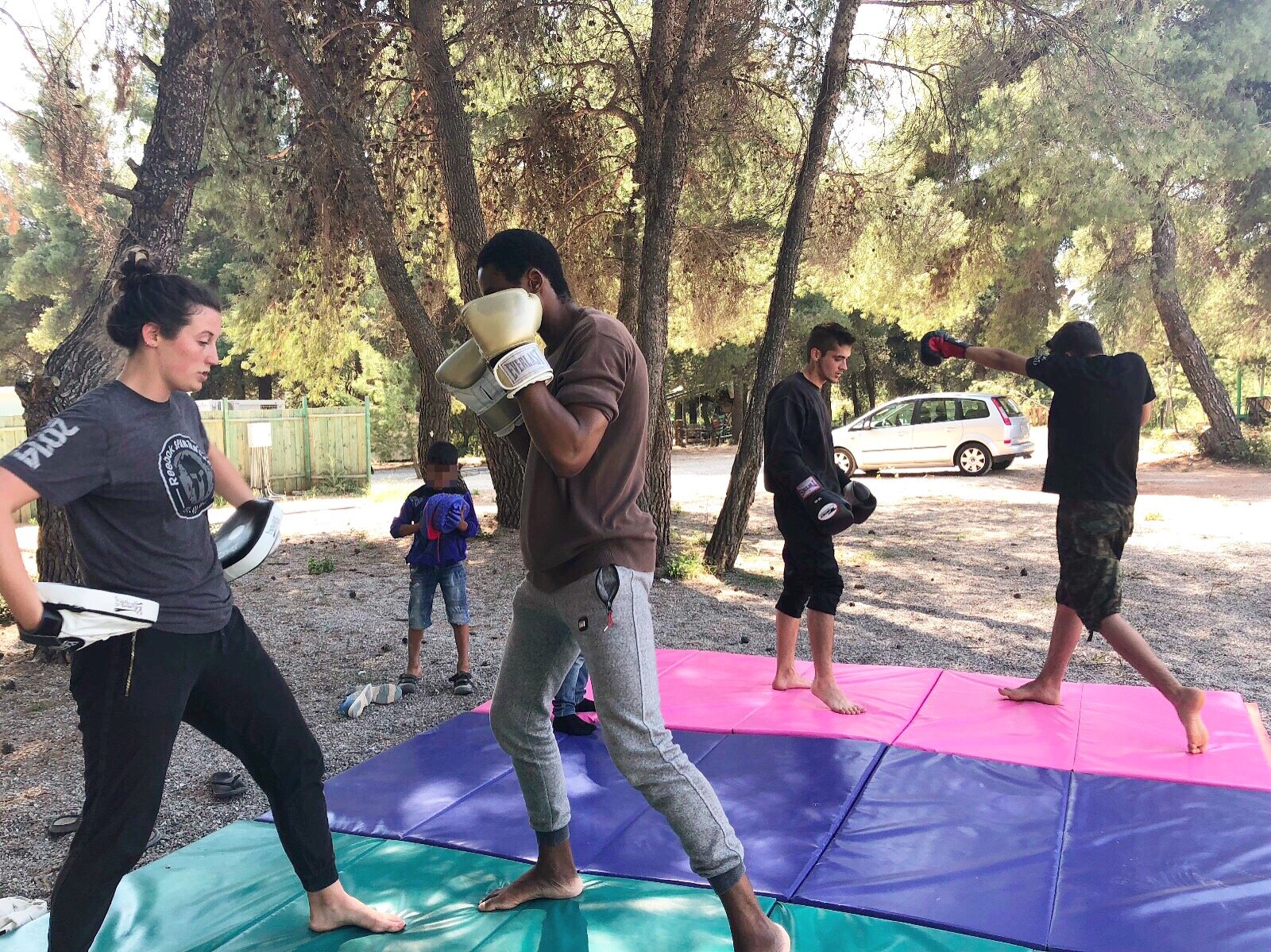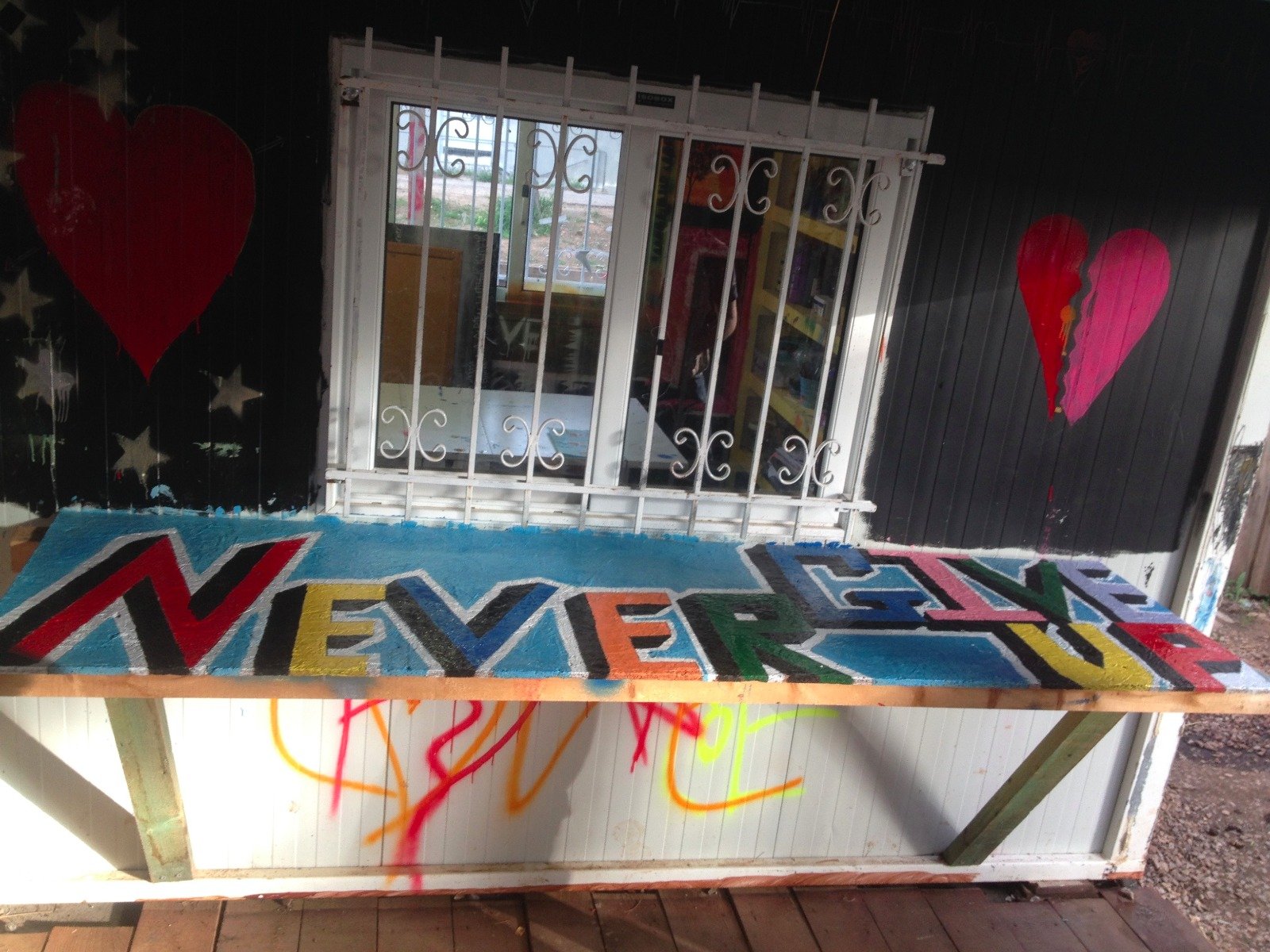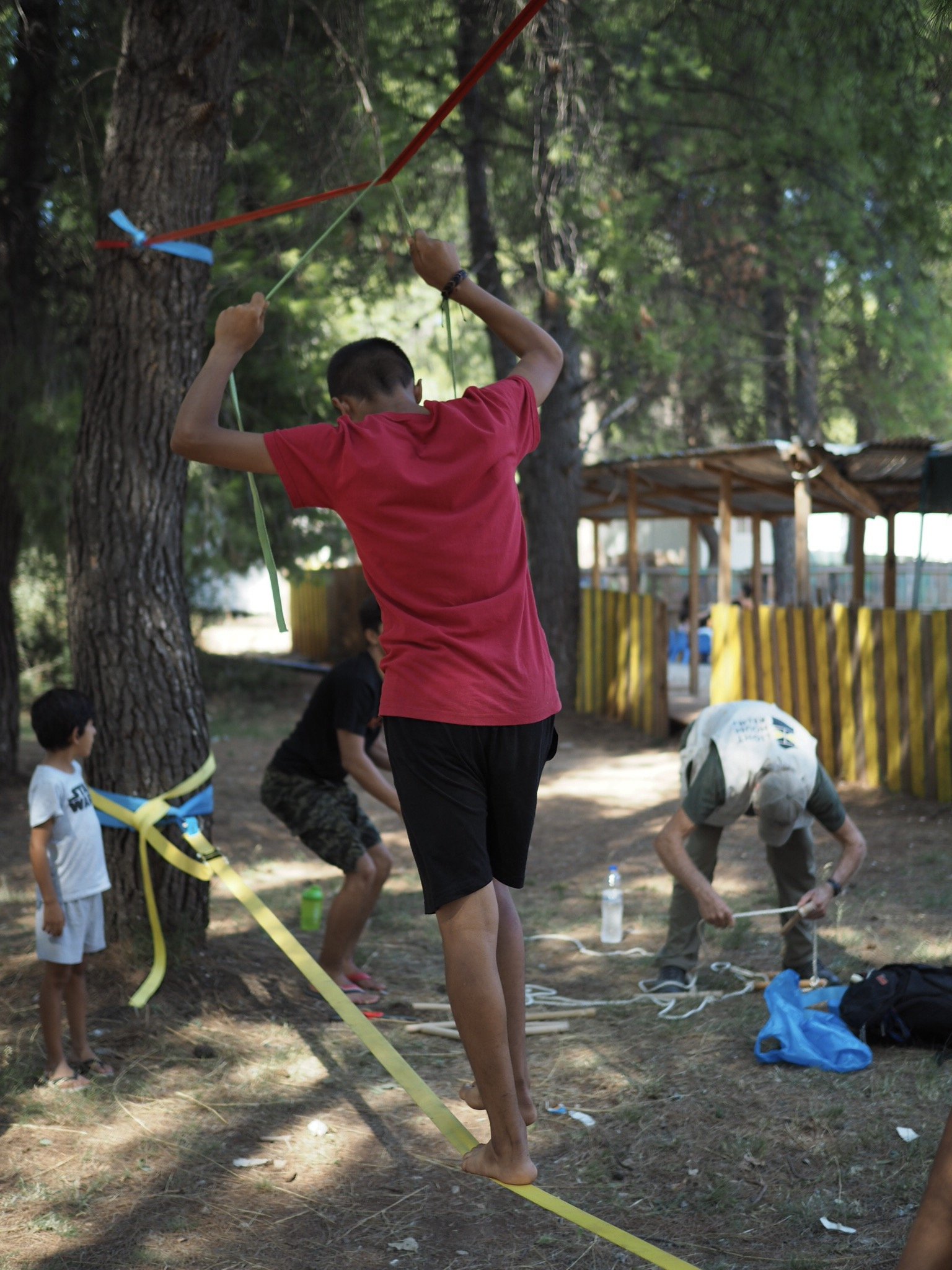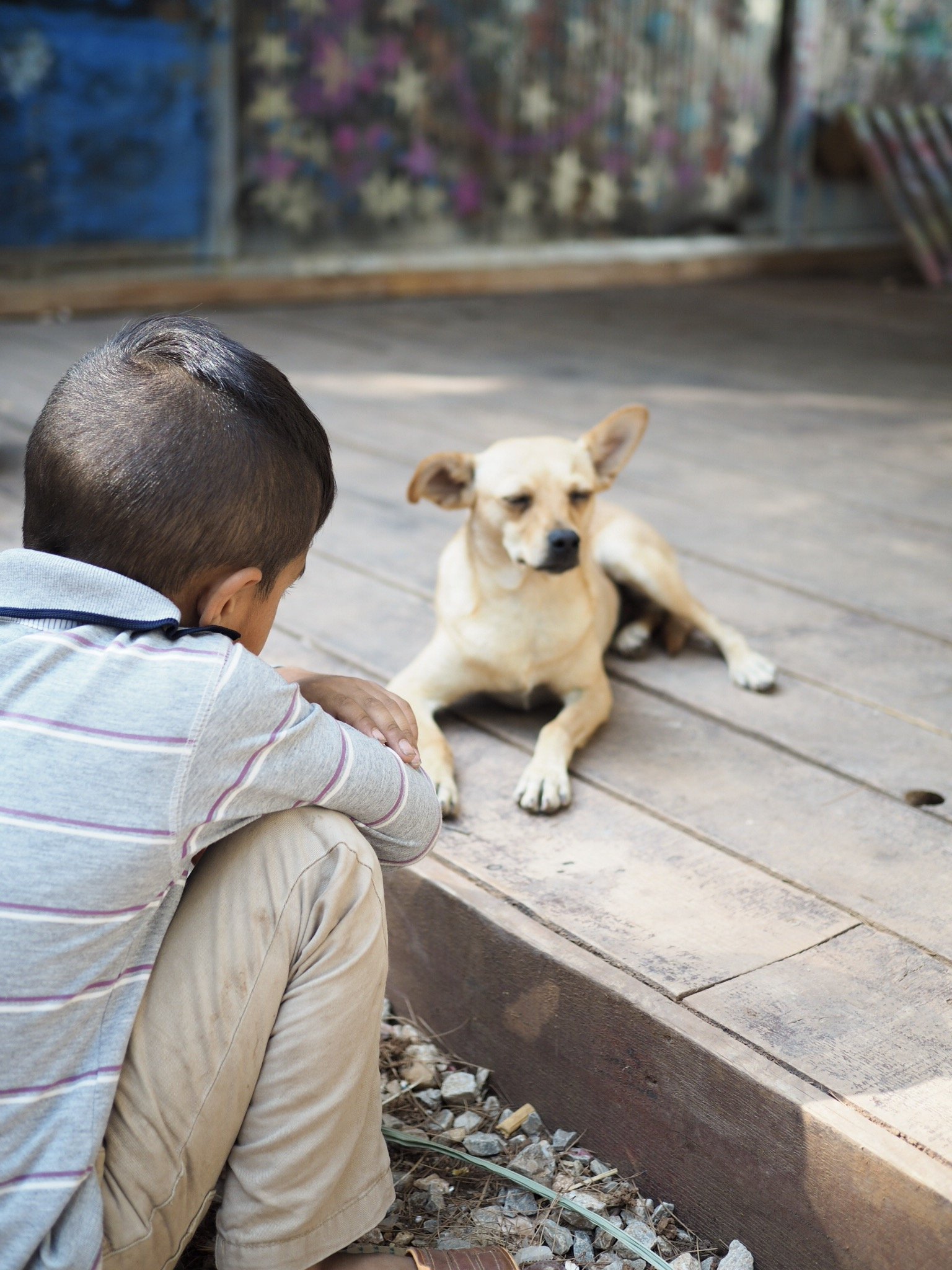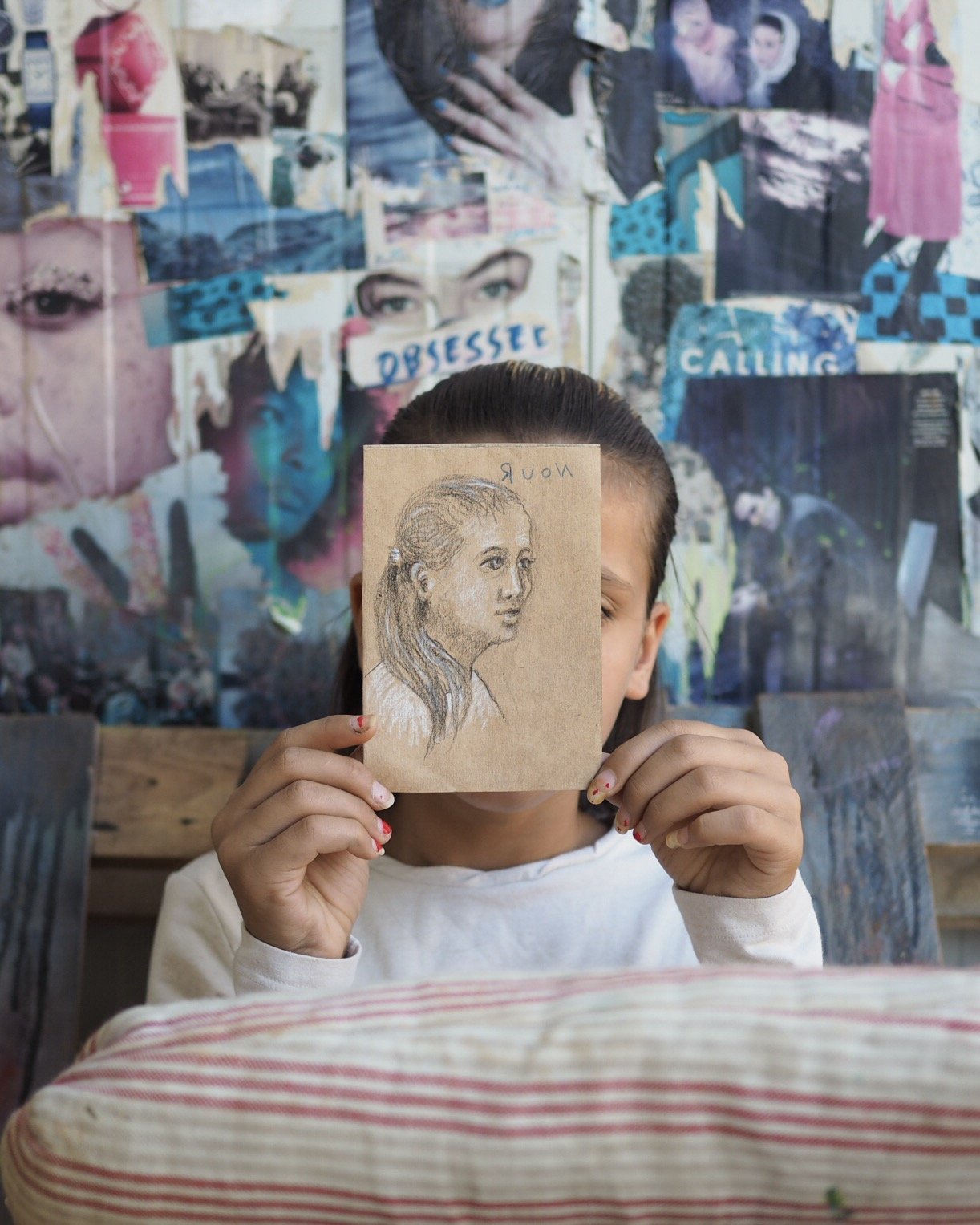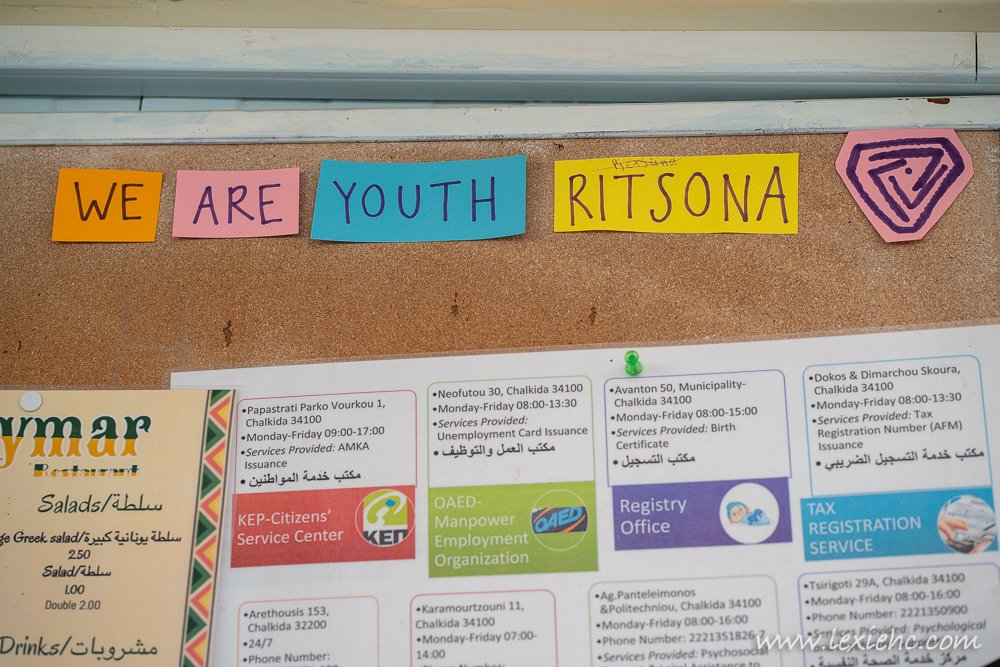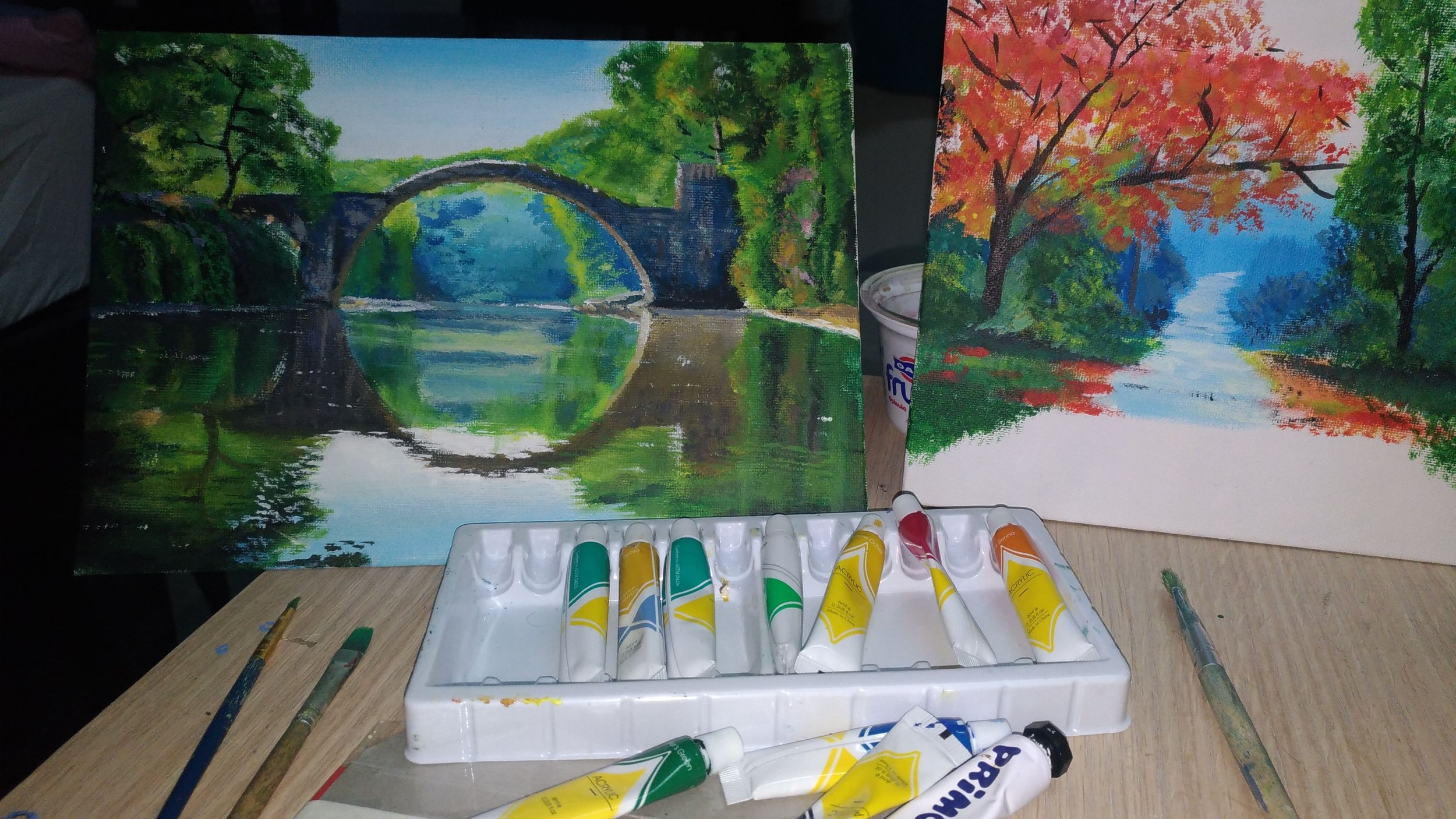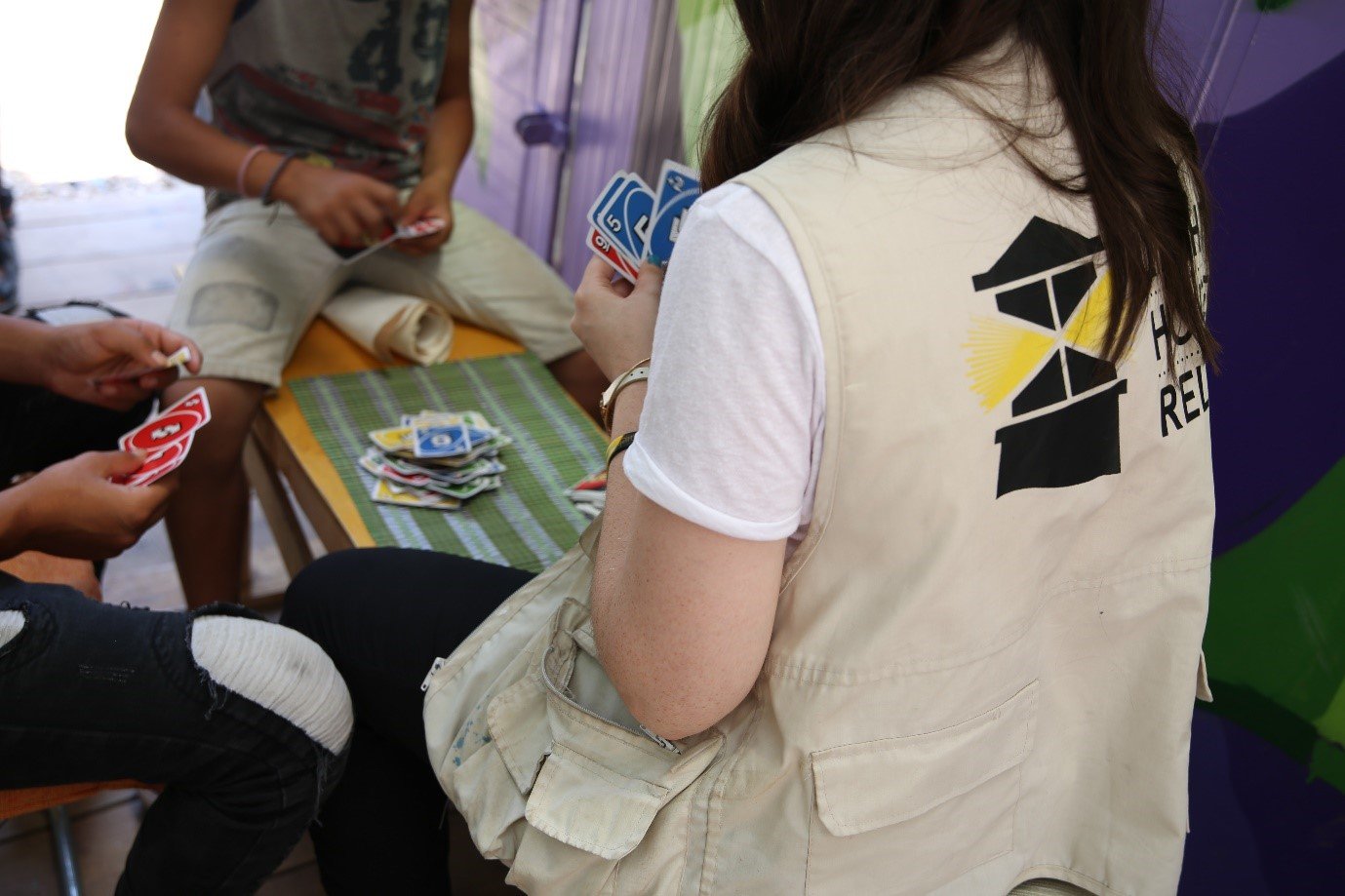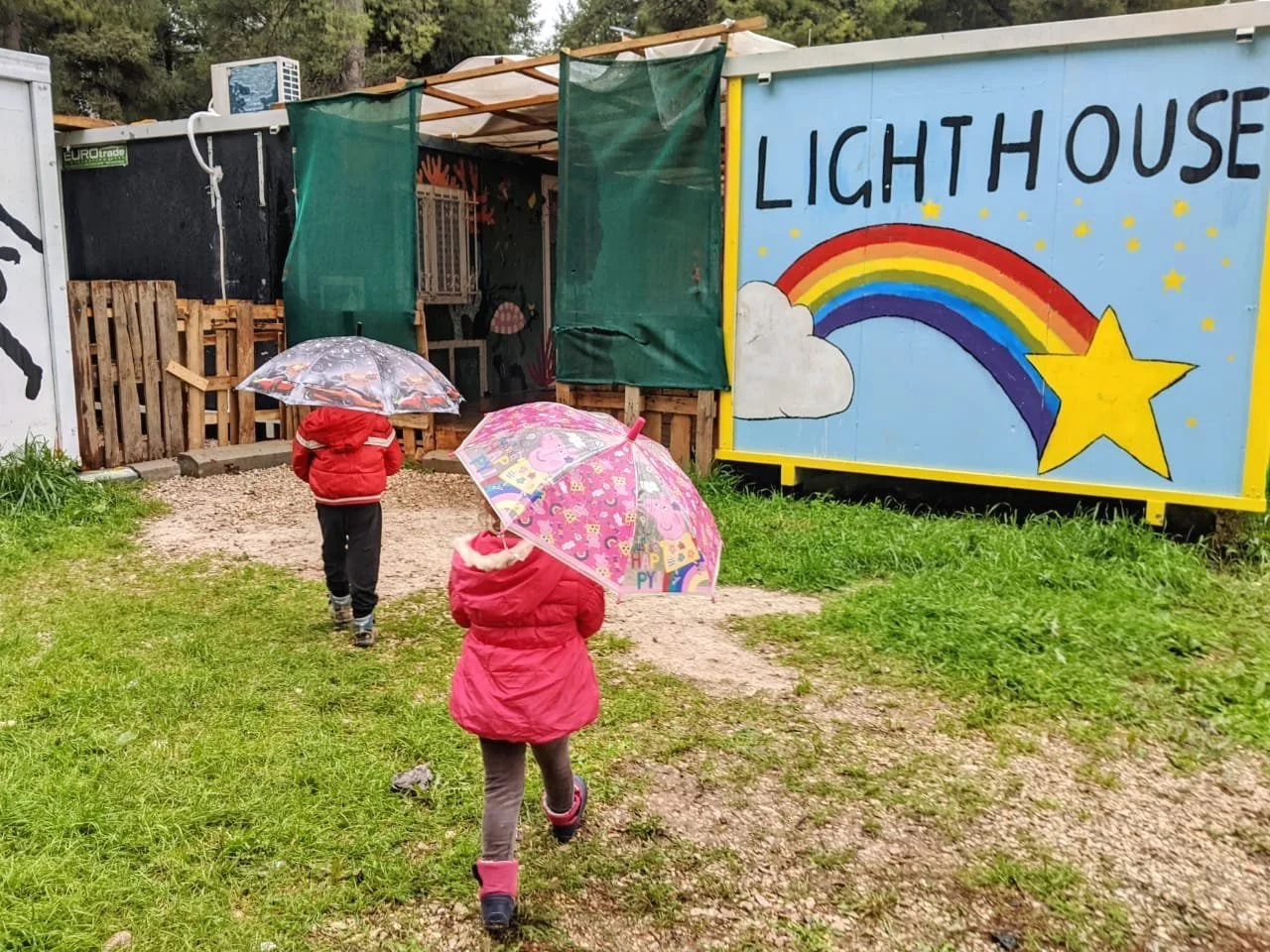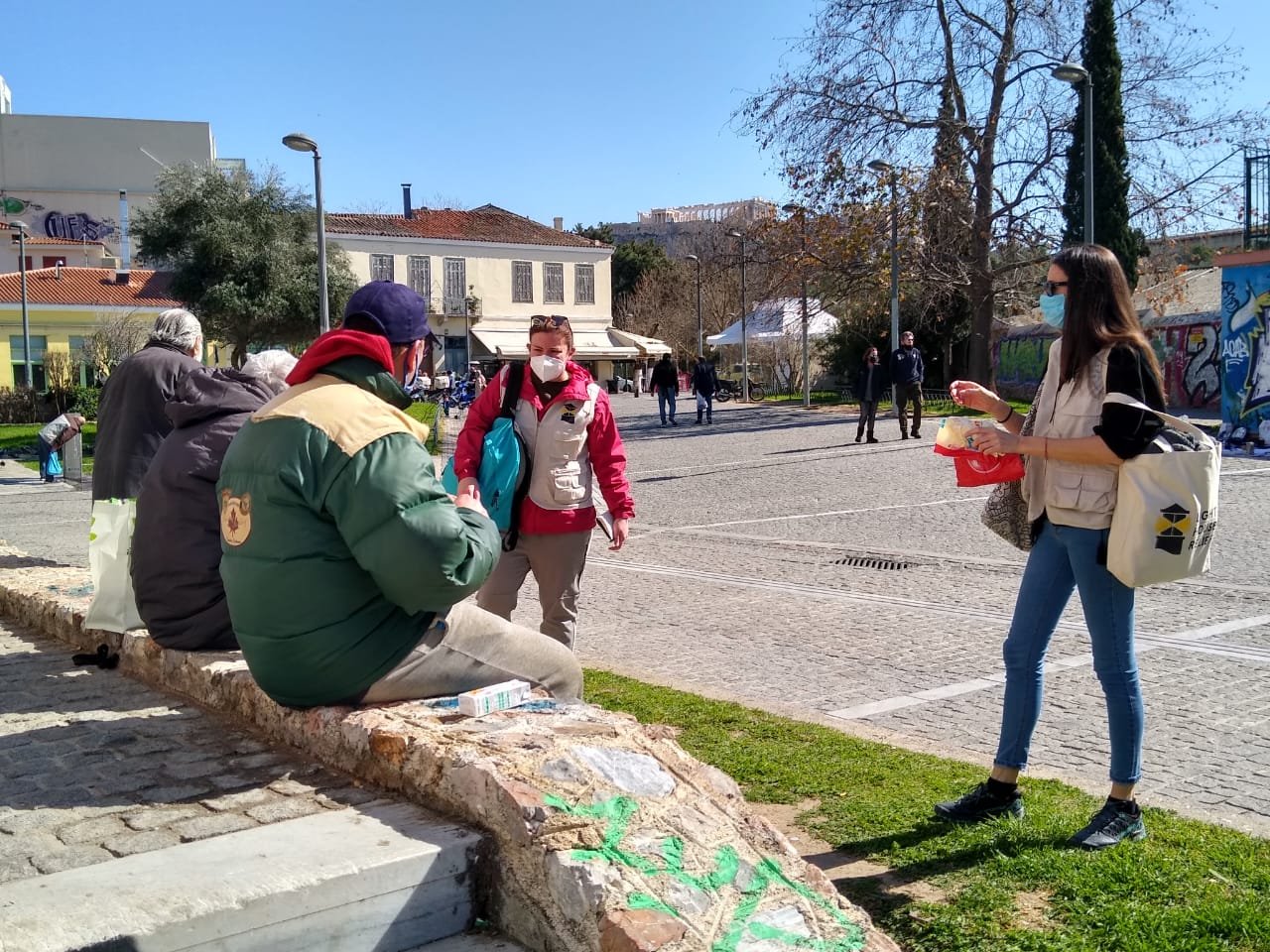

The number of people living on the streets of Athens has risen dramatically over the past few years. They are people at various stages of the asylum process including recognised refugees, people whose applications are pending, and people who have been denied international protection and are therefore undocumented. Many are families with children.
“Every day multiple people ask us for help finding housing. They include people with chronic diseases, disabilities and pregnant women just days away from giving birth. They have nowhere to go.”
The initial spike came in 2020 when the government transferred many asylum seekers to Athens to "decongest" the Aegean islands. Shelters and NGO-run housing projects were already at capacity, leaving many transferees with nowhere to go.
Since then, harsh policy changes have left more people vulnerable to homelessness. They include:
Asylum seekers outside official accommodation structures (i.e., camps) no longer receive cash assistance.
Approximately half of the people living in camps are no longer eligible for food because they don’t fall into the category of active asylum seeker. Either they have already been recognized as refugees but can’t work or housing, or they are waiting for their initial asylum interview, or their application has been rejected.
The period that recognized refugees receive housing and cash assistance shrank from six months to 30 days.
People with rejected asylum claims - including most people fleeing Afghanistan and Syria following the designation of Turkey as a safe third country - have no access to public services or the official labour market.
The asylum process has been intermittently inaccessible since November 2021. The online platform goes down for months at a time, leaving people with no way to register their asylum claims. Many people wait for up to a year for an interview appointment, until which time they are undocumented and, therefore totally unsupported.
An EU-funded housing program for vulnerable asylum seekers government closed down at the end of 2022. At its peak, it hosted 27,000 people in apartments suitable for their special needs. When it closed, the remaining residents had two options: get transferred to camps in the middle of nowhere (far from hospitals, public transportation, and above-board employment opportunities, or endeavor to survive independently despite their vulnerabilities. Many of the former ended up living on the streets, including single women with a well-founded fear of experiencing violence in the camps.
Thousands of asylum seekers in athens have no form of supported accommodation and struggle to access housing, medical care, and food. We strive to fill these gaps so they can survive.
DISTRIBUTIONS
We run one of the largest distribution in Athens, supporting 250 families (c. 1,100 people, nearly half children)) with dry food, fresh produce, eggs, dairy, potatoes, baby formula, pampers, and hygiene products every month. We also add warm winter clothing or other seasonal items when appropriate.
HELPLINE & INFORMATION POINT
Our intercultural mediators are on-call seven days per week to respond to urgent inquiries via phone calls, WhatsApp, and social media messenger in Arabic, Farsi, French, English, and Greek.
Along with several partner NGOs, they also manage an in-person information point within the Victoria Community Centre, where approximately 180-200 people come every day for a hot lunch, legal advice, informal education, consultations with social workers, and other assistance.
SAFE HOUSING FOR WOMEN AND CHILDREN
In March 2023, we welcomed our first single moms and their respective young children into an apartment we obtained and lovingly spruced up in central Athens. Previously, they had been sleeping outside because they couldn’t find space in a shelter or other safe options. Our social workers help them find more permanent accommodations and access mental health support, job placement, and other services.
A second apartment is reserved for short-term occupancy by people under truly emergency circumstances.


Case management and referrals
We make sure people can access the social services and integration support they need to rebuild their lives in Greece.
An initiative to support people sleeping rough in Athens gradually developed from outreach to provide emergency snacks and blankets to holistic support that connects people seeking refuge to the services they need to find their footing.
This includes everything from assistance booking medical appointments, guidance on navigating bureaucratic procedures, help finding safe housing, and referrals to providers of legal aid, vocational training, educational classes, and much more in our wide network of partners.
Several hundred refugees and asylum seekers come to our drop-in point in the Victoria Community Centre each month to receive case management and referrals to other partners. Our presence in the center allows us to work closely alongside the seven other partners providing tailored services there, including legal-aid, psychologists, and act as the bridge between displaced communities and vital services.
Our team of social workers and intercultural mediators play a crucial role in filling the gaps in humanitarian support for people facing hostile asylum policies and widespread discrimination.
“We are their bridge to asylum and public services. Our job is to solve problems and help them integrate into their new society, and this is very valuable for them. Most importantly, we help them gain a sense of security and motivation and hope to build a better future.”

Ritsona Refugee Camp: Continued support for residents, new approach
〰️
Ritsona Refugee Camp: Continued support for residents, new approach 〰️
Ritsona refugee camp is located in an isolated industrial area 75 km from Athens. It hosts approximately 2,000 people, most of whom are awaiting a decision on their asylum application.
We supported residents’ well-being from 2016-early 2023 with daily educational and recreational activities ranging from football tournaments to photography workshops, English classes, and more.
Since 2016, thousands of children and teens have had the chance to forget their troubles for a little while in our safe, cheerful space. Many reported that it helped them regain lost hope for their futures.
Sports have proven a particularly effective tool of MHPSS. Playing team sports promotes mental and physical health while teaching the value of teamwork, tolerance, sportsmanship, discipline, and respect. It is a vehicle for social inclusion and building resilience to trauma.
This is essential for those too young to remember life outside the camp or for whom confinement to a prison-like environment when they have done nothing wrong takes a toll on their mental health.
